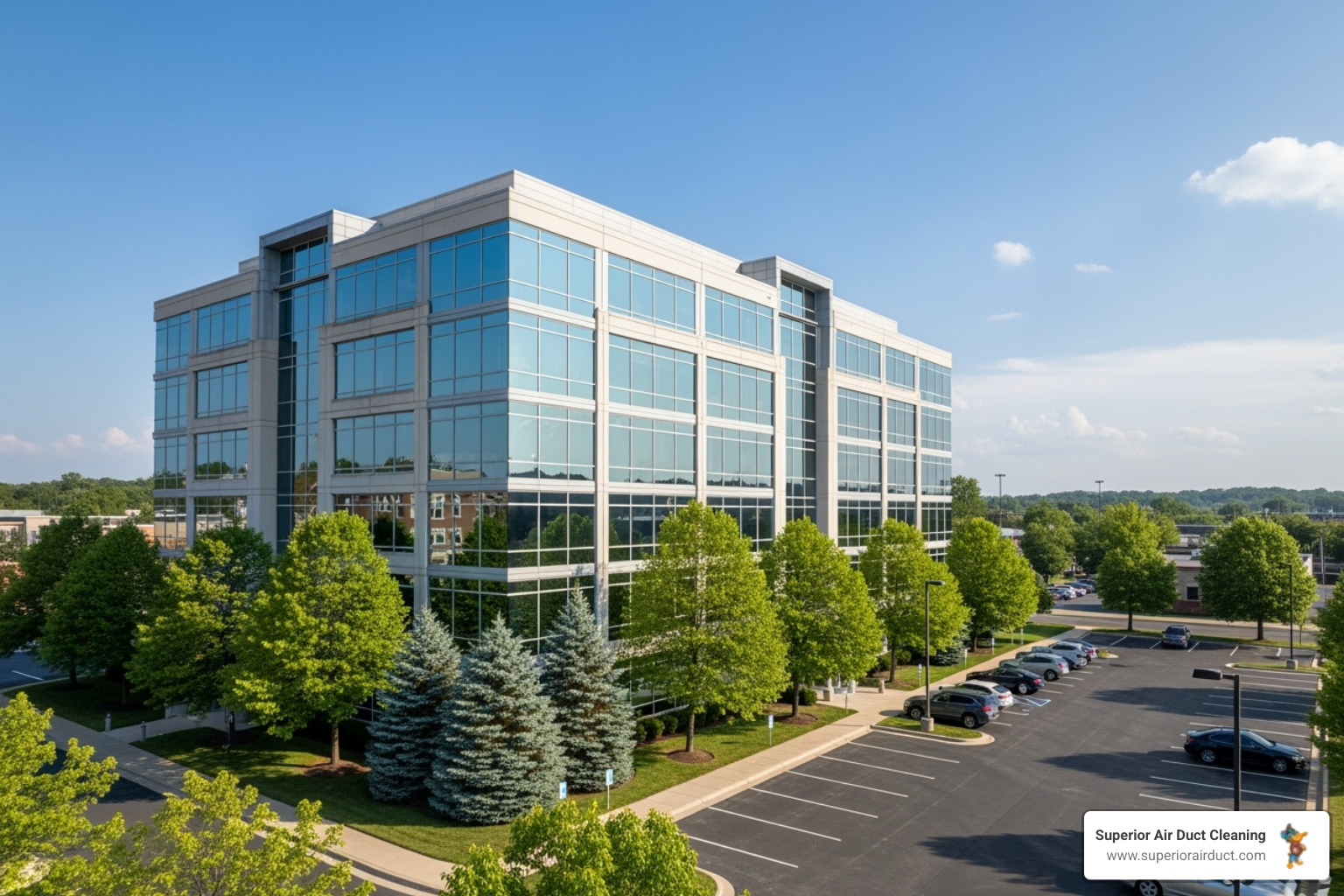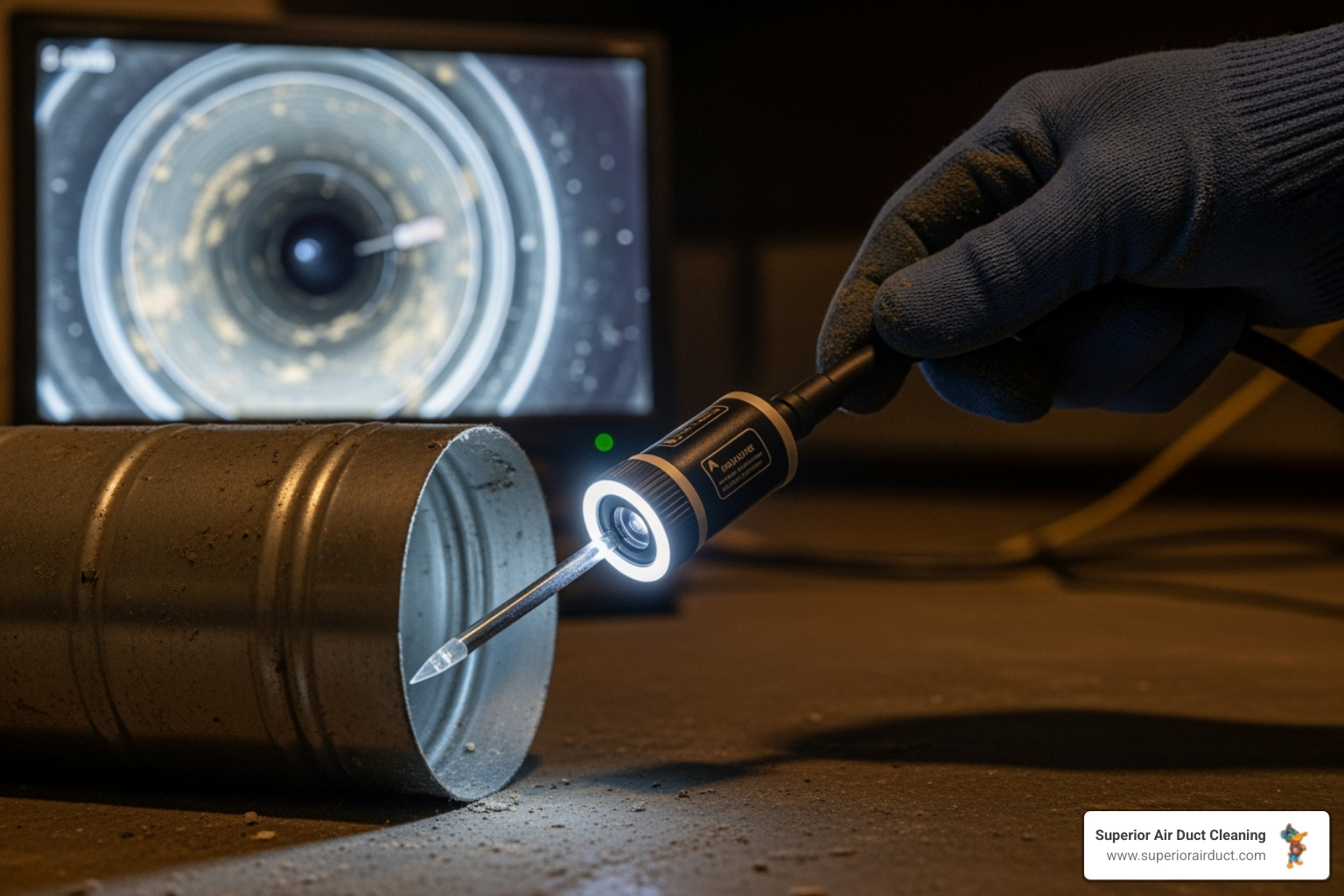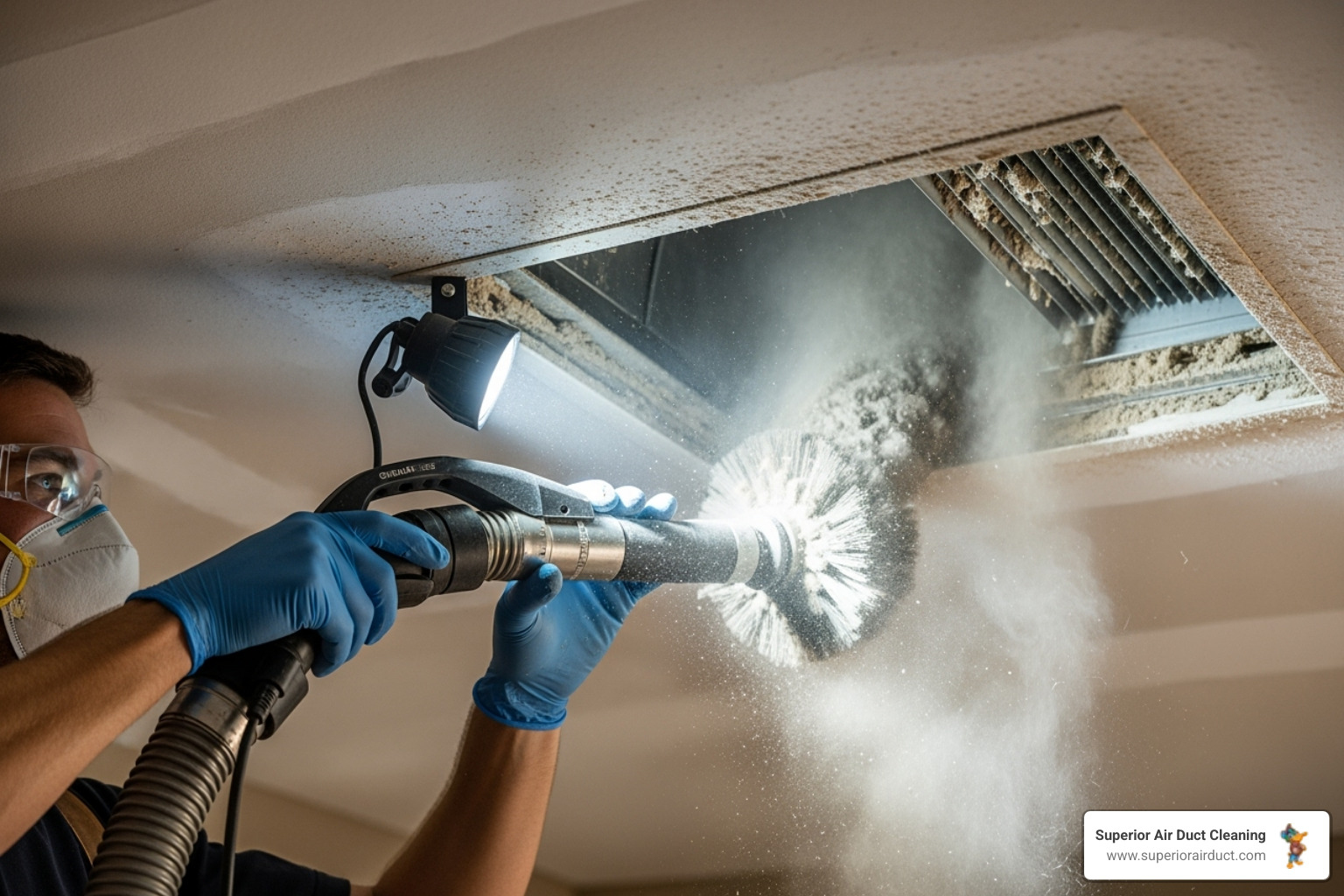
What Every Homeowner Should Know About Indoor Air Quality
Duct cleaning is a service that removes dust, debris, and contaminants from your home's heating and cooling system, including air ducts, registers, grilles, fans, and coils. Here's what you need to know to make an informed decision:
Should You Get Your Ducts Cleaned?
- Yes, if: You see visible mold, have pest infestations, excessive dust coming from vents, or after major renovations.
- Maybe, if: You have pets, allergies, or haven't cleaned ducts in over five years.
- Not necessary if: Your system is relatively new and clean with no specific problems.
Typical Benefits:
- Improved indoor air quality
- Reduced allergens and dust
- Better HVAC system efficiency
- Elimination of musty odors
Red Flags to Avoid:
- Door-to-door salespeople
- Prices that seem too good to be true
- Companies making unsubstantiated health claims
According to EPA studies, indoor air can be 2-5 times more polluted than outdoor air. Your HVAC system circulates this air through your ducts 5 to 7 times daily, allowing contaminants to build up. However, duct cleaning isn't always necessary. The EPA recommends cleaning only when specific problems arise, such as visible mold, pest infestations, or excessive dust clogging your system. This guide will help you determine if duct cleaning is right for your home, how to choose a reputable company, and what the process involves.
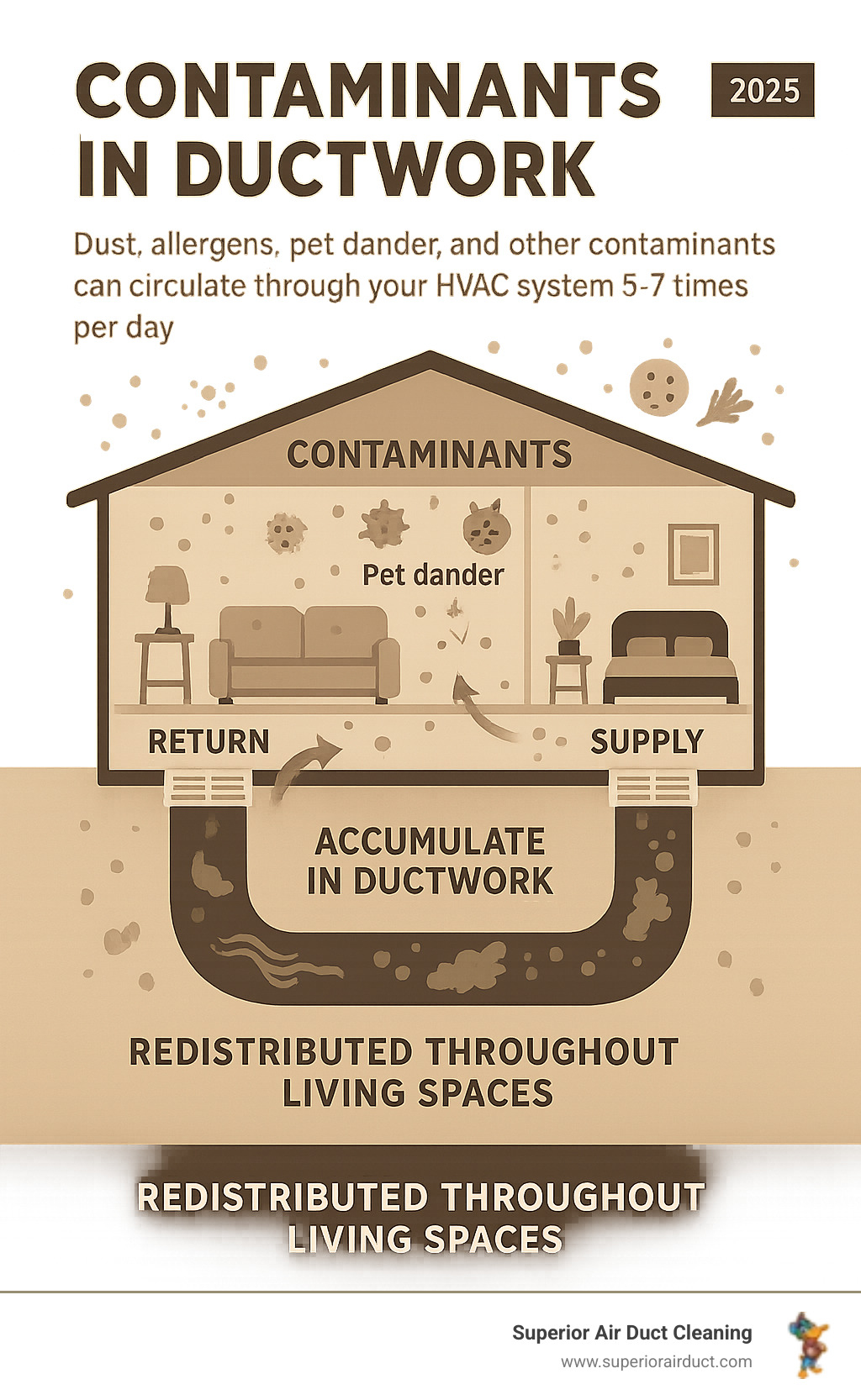
Why Consider Professional Duct Cleaning?
Your HVAC system works quietly behind the scenes, circulating air through your home 5 to 7 times every single day. Over time, these hidden pathways collect dust, pet hair, pollen, and other unwelcome guests that get redistributed throughout your living space. Professional duct cleaning offers benefits that extend far beyond what meets the eye.
Many homeowners first consider duct cleaning to address persistent allergies or respiratory issues. If family members struggle with symptoms that seem worse at home, your ducts might be harboring culprits like pet dander, dust mites, and pollen. A thorough cleaning can also eliminate mysterious musty smells by removing the contaminants lurking in your ductwork, leaving your home smelling fresh. For more information, see our guide on the Health Benefits of Air Duct Cleaning.
The benefits extend to your HVAC system's health and your wallet. When dust and debris build up, they create restricted airflow, forcing your system to work harder. This strain can increase energy use by up to 30%, leading to higher utility bills. This constant struggle also accelerates wear and tear on components like coils and fans, increasing the risk of costly repairs and shortening your system's lifespan.
Professional duct cleaning removes the buildup, allowing air to flow freely. This helps your HVAC system operate efficiently, which can lower your energy bills and protect your investment. Learn more about maximizing performance in our articles on HVAC Efficiency With Air Duct Cleaning and how proper maintenance affects The Average Lifespan of HVAC Systems.
When is Duct Cleaning Absolutely Necessary?
While regular maintenance is beneficial, there are specific situations where duct cleaning becomes an urgent necessity. If you notice any of the following signs, it's time to consider a professional cleaning.
Key Signs Your Air Ducts Need Attention:
- Visible Mold Growth: If you see mold inside your ducts or on other HVAC components, it's a serious issue. The underlying moisture source must be fixed, but cleaning is essential to remove spores from the system.
- Pest Infestations: Rodents or insects can leave behind droppings and nesting materials that compromise air quality. Professional removal and sanitization are required.
- Excessive Dust: If you see debris coming out of your vents or notice dust building up constantly despite regular cleaning, your ducts are likely clogged.
- Post-Renovation Cleanup: Home improvement projects create fine dust that settles in your HVAC system. A post-renovation cleaning is crucial to remove this debris. Learn more about Air Duct Cleaning After Home Renovation.
- Unexplained Odors: A persistent musty or stale smell, especially when the system kicks on, often points to mold, bacteria, or other contaminants in the ductwork.
- Moving into a New Home: You don't know the maintenance history of a previously owned home or if construction debris was left in a new build. Cleaning ensures you start with fresh air.
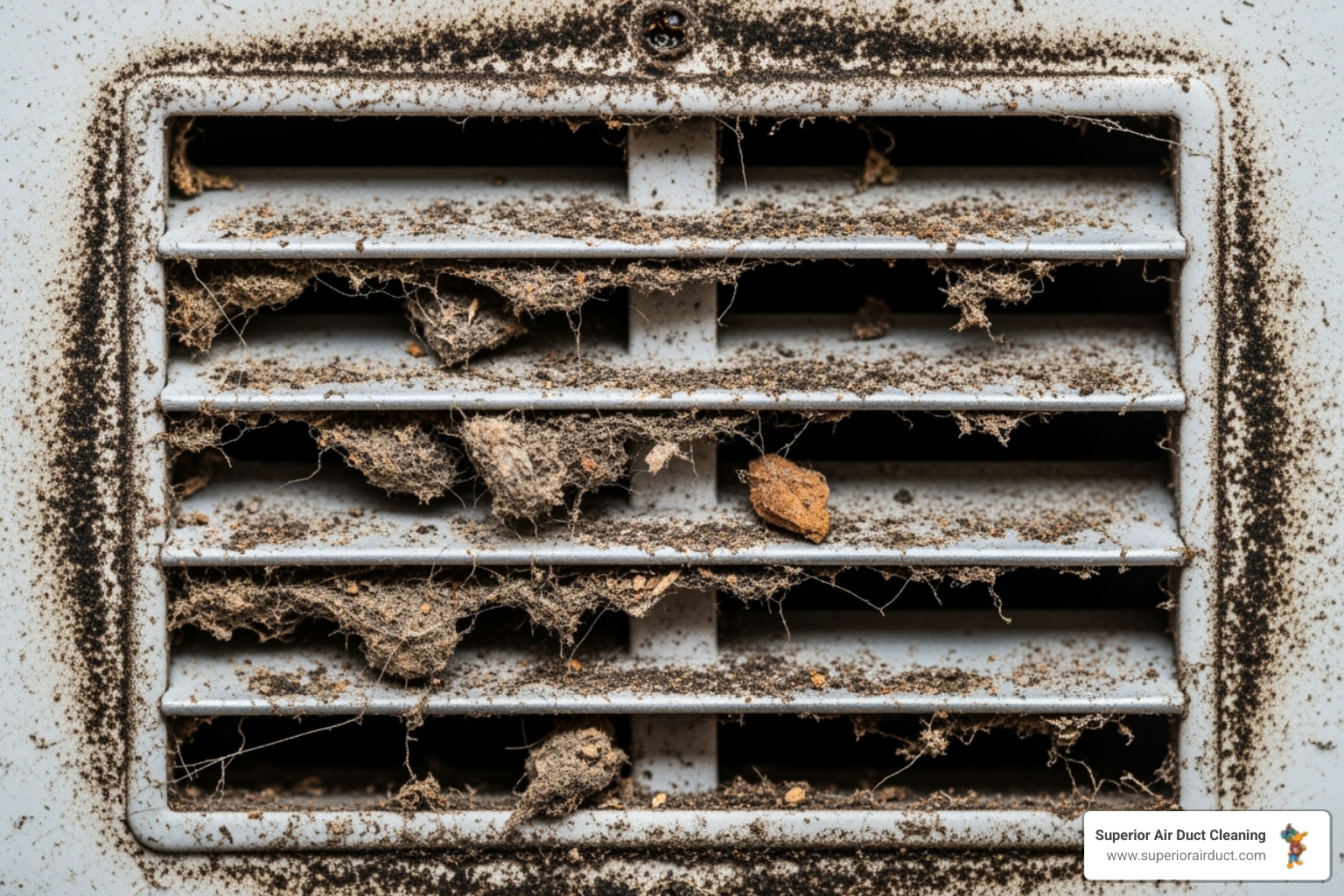
Recommended Duct Cleaning Frequency
One of the most common questions we hear is, "How often should I have my ducts cleaned?" For most homes, we recommend professional duct cleaning every 3 to 5 years. However, you should consider more frequent cleanings if you have:
- Pets that shed significantly.
- Smokers in the household.
- Family members with allergies or asthma.
- Recently completed a major home renovation.
- Experienced water damage or mold issues.
The ideal frequency depends on your home's unique circumstances. A professional inspection can help determine the best schedule for your household. For more guidance, see our guide on When You Should Schedule Residential Duct Cleaning.
The Professional Duct Cleaning Process Explained
Professional duct cleaning is a comprehensive process that uses a method called "source removal" to clean your entire HVAC system. It's a methodical, thorough service designed to address every component that touches the air you breathe.
The process begins with a system inspection to map out your ductwork and assess the level of contamination. Next, we establish negative air pressure by connecting a powerful vacuum unit to your duct system. This creates a continuous suction that pulls all dislodged debris into our collection system, preventing it from entering your home.
With the vacuum running, our technicians use agitation tools like specialized rotary brushes and air whips to scrub the inside of the ducts. This loosens years of accumulated dust and debris, which is immediately pulled into our HEPA-filtered collection unit. A comprehensive service also includes component cleaning of the supply and return ducts, registers, grilles, coils, fan motor and housing, and the air handler. Finally, we conduct a system test and can provide before-and-after photos to show you the difference. See the process in detail in our guide on the Steps Technicians Follow in Ductwork Cleaning.
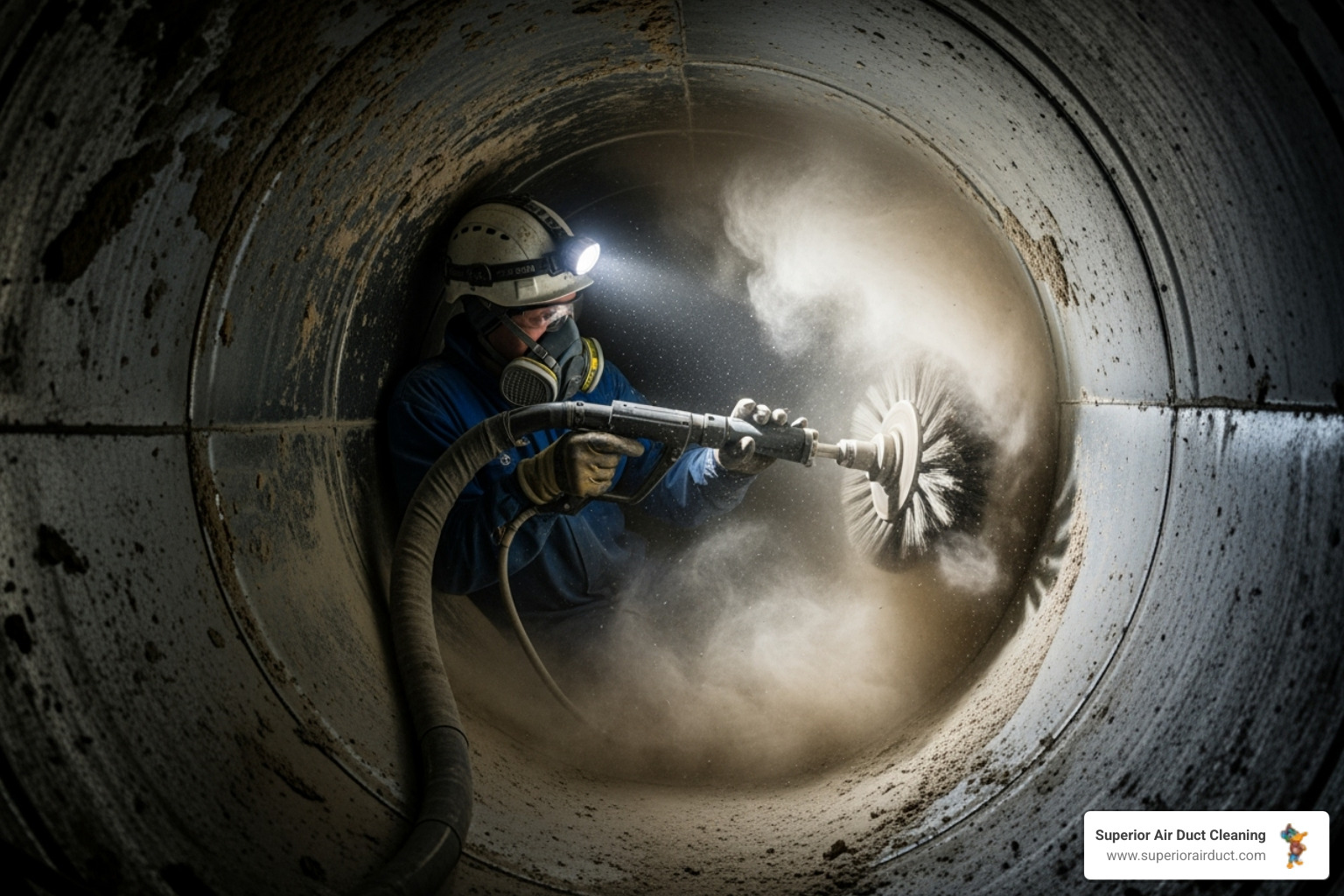
How to Choose a Reputable Duct Cleaning Company
Choosing the right duct cleaning company is crucial. Here’s what to look for to avoid scams and ensure quality work:
- NADCA Certification: The National Air Duct Cleaners Association (NADCA) sets the industry standard. Certified companies adhere to a strict code of ethics and have passed rigorous exams. You can find professionals using the NADCA directory.
- Proof of Insurance: The company should have comprehensive liability and workers' compensation insurance to protect you from accidents.
- Written Estimates: A professional company will provide a detailed written estimate outlining the scope of work and total cost before beginning.
- References and Reviews: Check online reviews and ask for references to gauge past customer satisfaction.
- Avoid Common Scams: Be wary of unrealistically low-priced "whole house" specials, which are often bait-and-switch tactics. Reputable companies don't make wild health claims, and they won't claim to be "EPA certified," as the EPA does not certify duct cleaners. Never hire door-to-door salespeople.
By following these guidelines, you can confidently choose a professional and effective duct cleaning service. For more tips, read our guide on How to Choose a Duct Cleaning Company and learn to spot Common Scams.
Risks, Realities, and Common Misconceptions
An honest conversation about duct cleaning includes the realities and potential risks. Here’s what you should know before hiring a service.
The EPA doesn't recommend routine duct cleaning for all homes. Instead, it suggests cleaning only when specific problems exist, like visible mold, a pest infestation, or ducts clogged with excessive dust. The EPA notes that a light layer of dust in ducts is normal and doesn't necessarily pose a health risk.
There are potential risks if the job is done improperly. Duct damage can occur if a provider uses overly aggressive techniques or improper equipment, leading to tears and air leaks. Another concern is the improper use of biocides. While some chemicals are EPA-registered for specific uses in bare metal ducts, they can cause adverse reactions in sensitive individuals and should only be applied when necessary and with great care.
Be wary of unsubstantiated health claims. While cleaning can reduce allergens and improve air quality, it's not a cure-all for asthma or other health conditions. Also, be skeptical of unrealistically low-priced specials. These are often bait-and-switch tactics where the final cost is many times higher than the advertised price once hidden fees for essential services are added. A proper, thorough duct cleaning requires skilled technicians, specialized equipment, and several hours of work.
We share these realities to help you steer the industry with confidence. When done correctly by a qualified professional, duct cleaning is a valuable service for improving your home environment. To learn more about common pitfalls, check out our article: Superior Air Duct Cleaning Looks at Some Common Scams.
Frequently Asked Questions about Duct Cleaning
We know that considering duct cleaning can bring up plenty of questions. We're here to provide honest answers based on our experience serving homeowners throughout Pennsylvania, Ohio, and West Virginia.
How long does a typical duct cleaning service take?
For most homes, a professional duct cleaning takes 2 to 4 hours. The exact time depends on your home's size, the complexity of your HVAC system, and the level of contamination.
Do I need to leave my home during the service?
No, you do not need to leave your home. Our professional containment methods ensure all dust and debris are captured directly into our sealed collection system. However, please be aware that our powerful vacuum equipment does generate significant noise during operation.
Is duct cleaning a messy process?
No, duct cleaning should not be a messy process. A professional company uses powerful HEPA vacuum systems, protective coverings for your floors and furniture, and sealed containment methods to prevent any debris from escaping into your home. Our technicians perform a thorough cleanup afterward, leaving your home as clean as we found it.
Conclusion
Making an informed decision about duct cleaning is key to maintaining a healthy home. We've shown that while it's not necessary for every home on a routine basis, it provides significant benefits when a clear need exists.
When you're dealing with visible mold, pest infestations, excessive dust, or persistent odors, professional cleaning is essential. A thorough cleaning can bring relief to allergy sufferers, improve your home's air quality, and help your HVAC system run more efficiently, potentially saving you money on energy bills.
Recognizing the warning signs—from dusty vents to worsening allergy symptoms—is the first step. The next is choosing a qualified, NADCA-certified company that uses a professional process with powerful vacuums and agitation tools to ensure the job is done right.
At Superior Air Duct Cleaning, we are dedicated to enhancing indoor air quality for homeowners throughout Pennsylvania, Ohio, and West Virginia. We believe in honest assessments and quality workmanship to help you create a healthier living space.
Your home should be a place where you can breathe easily. If you've recognized signs that your ducts need attention, we're here to help.
Schedule your professional air duct cleaning service today and take an important step toward cleaner, healthier indoor air for your family.

Customer Reviews




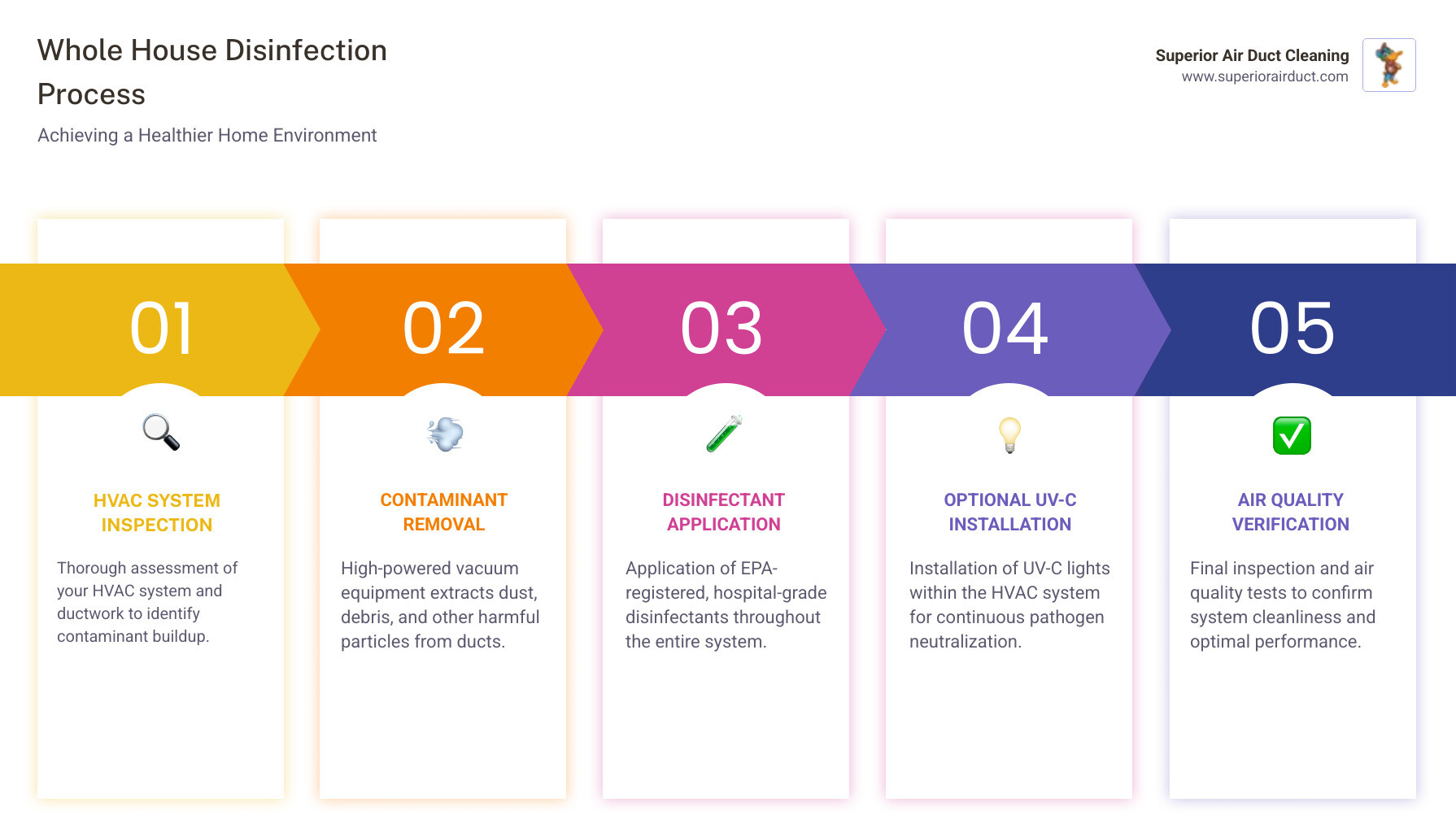
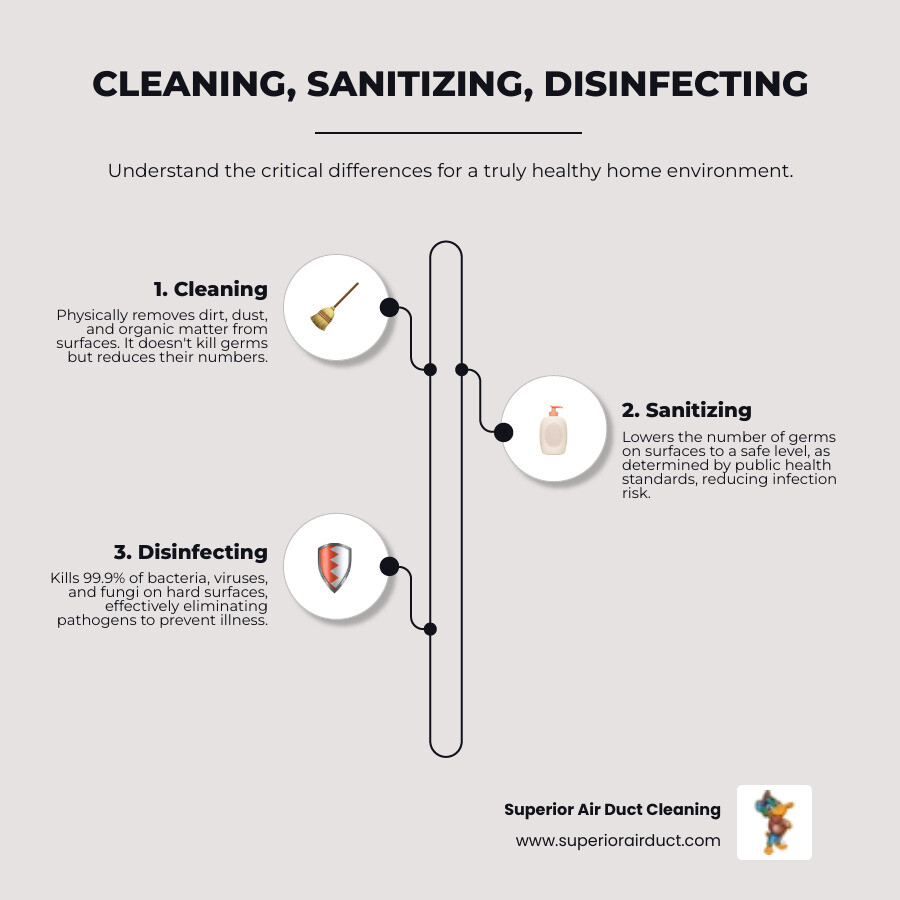
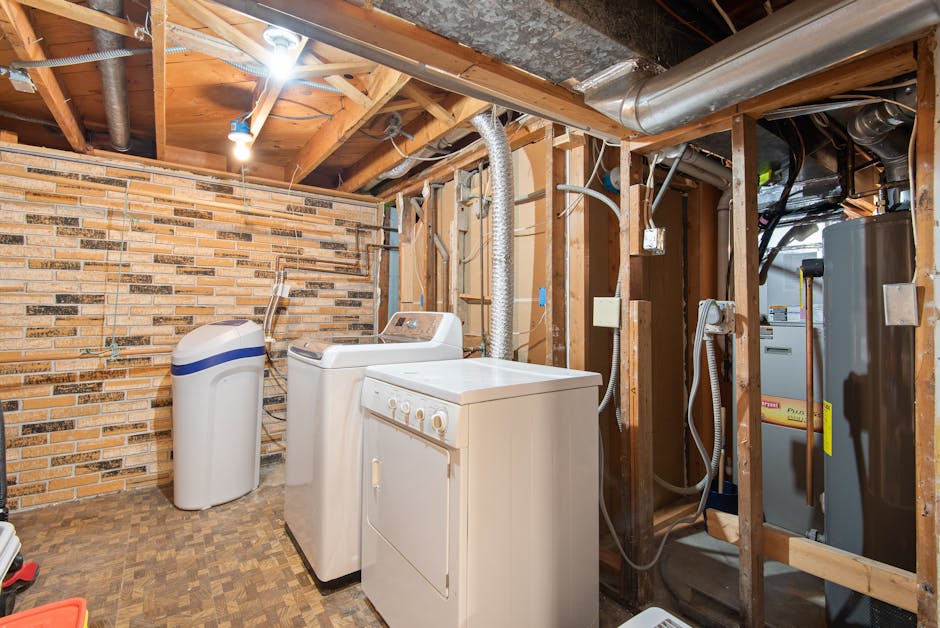
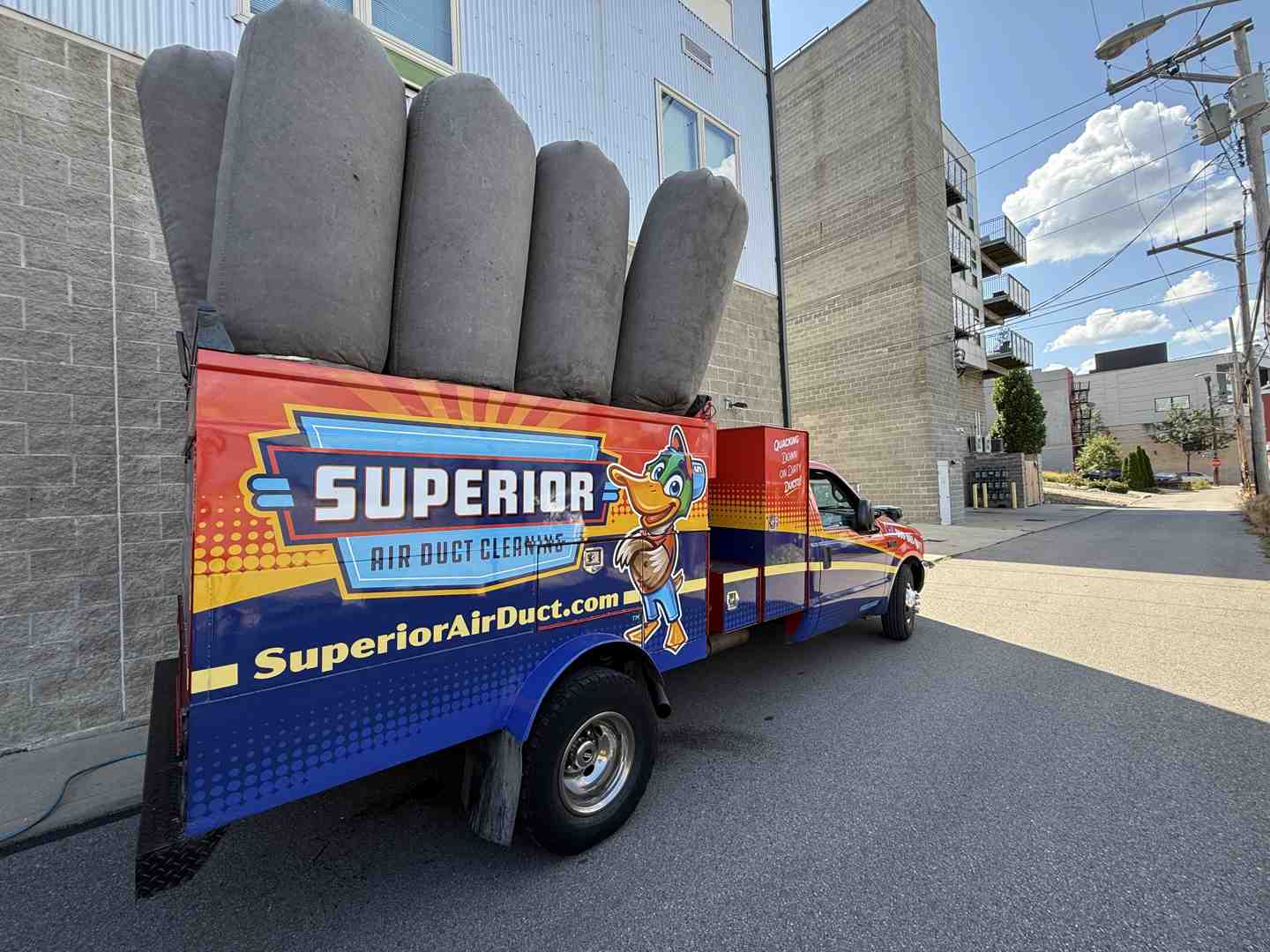
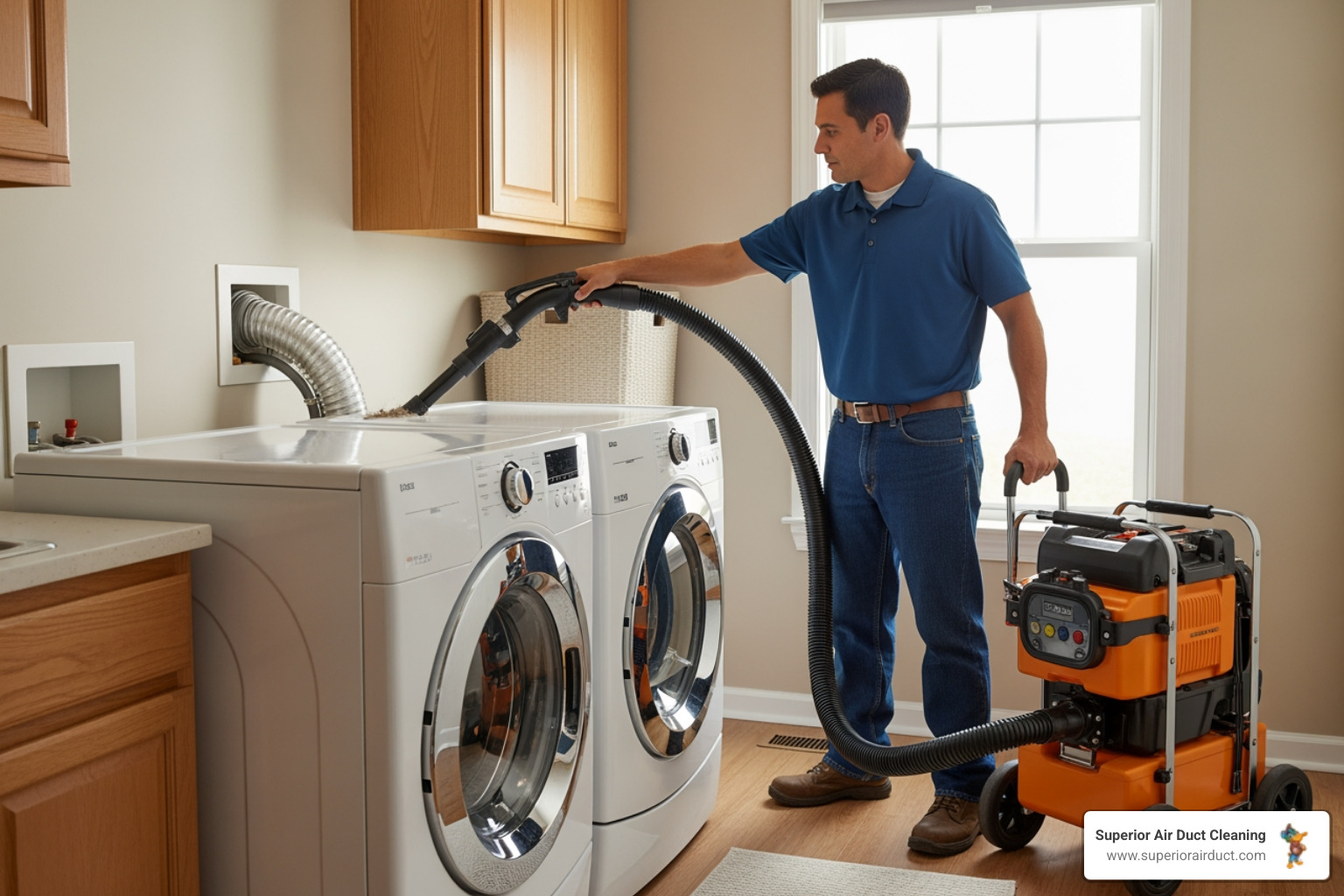
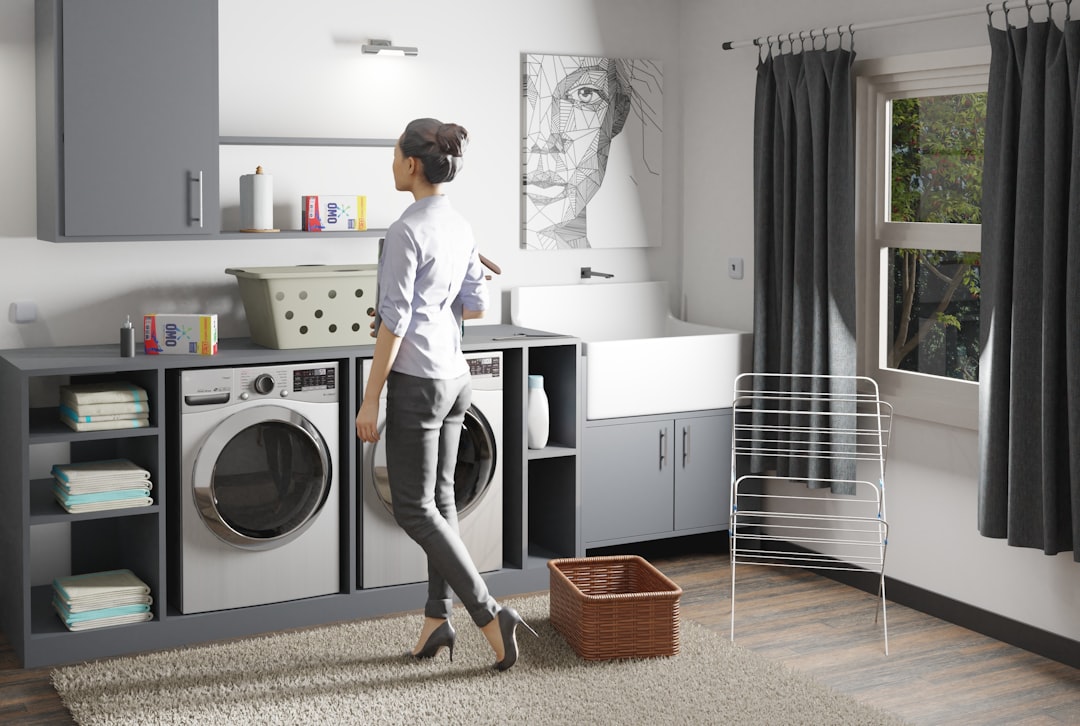



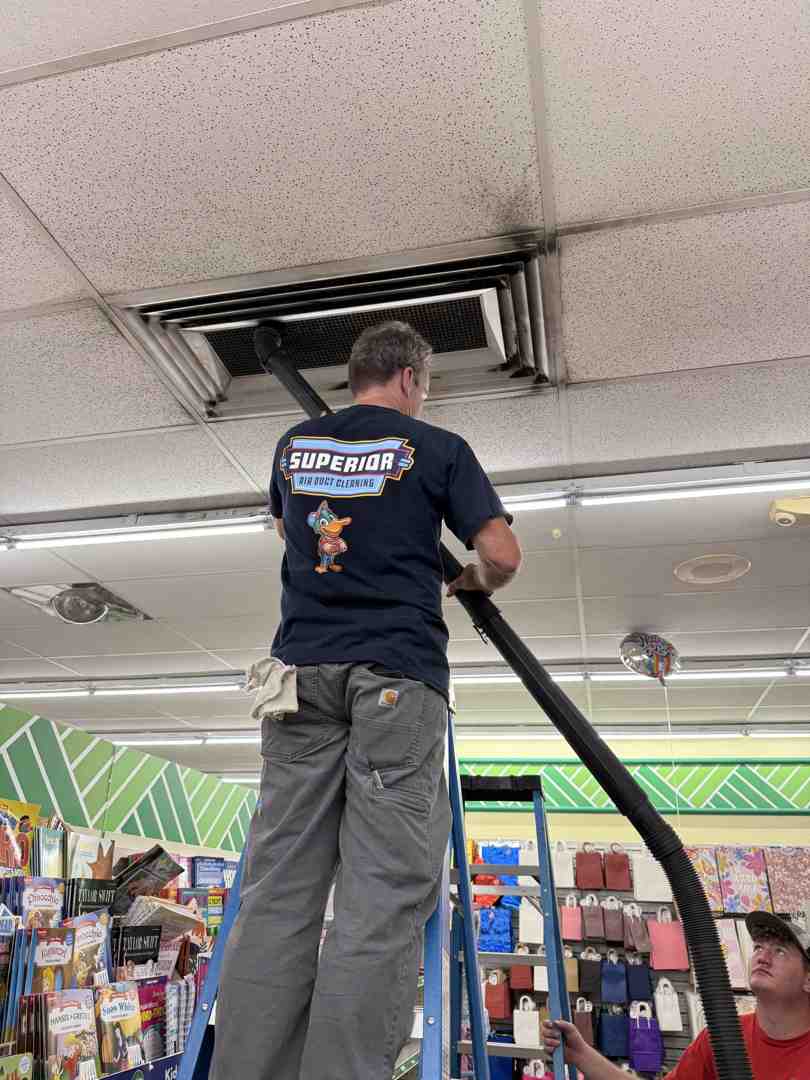



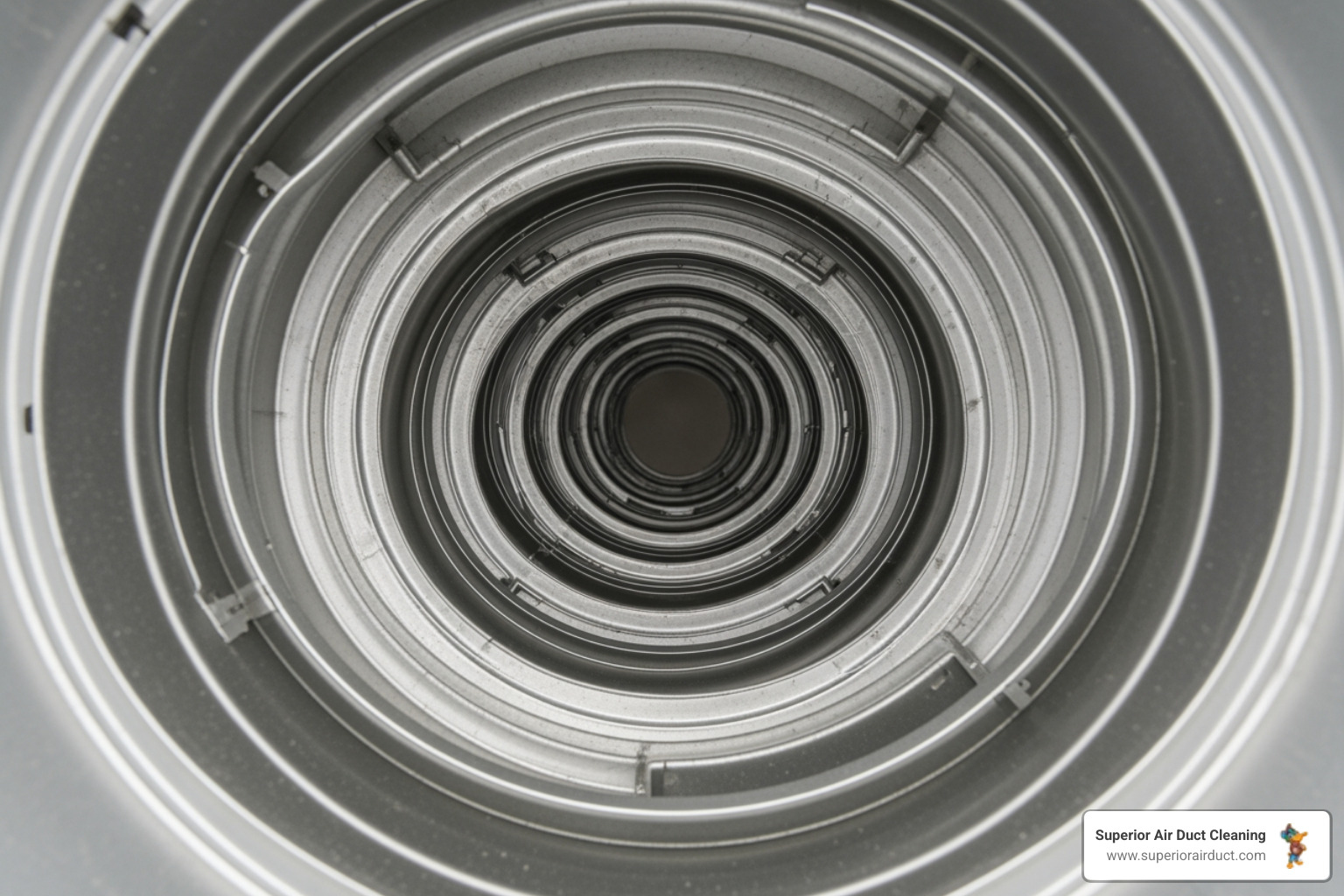
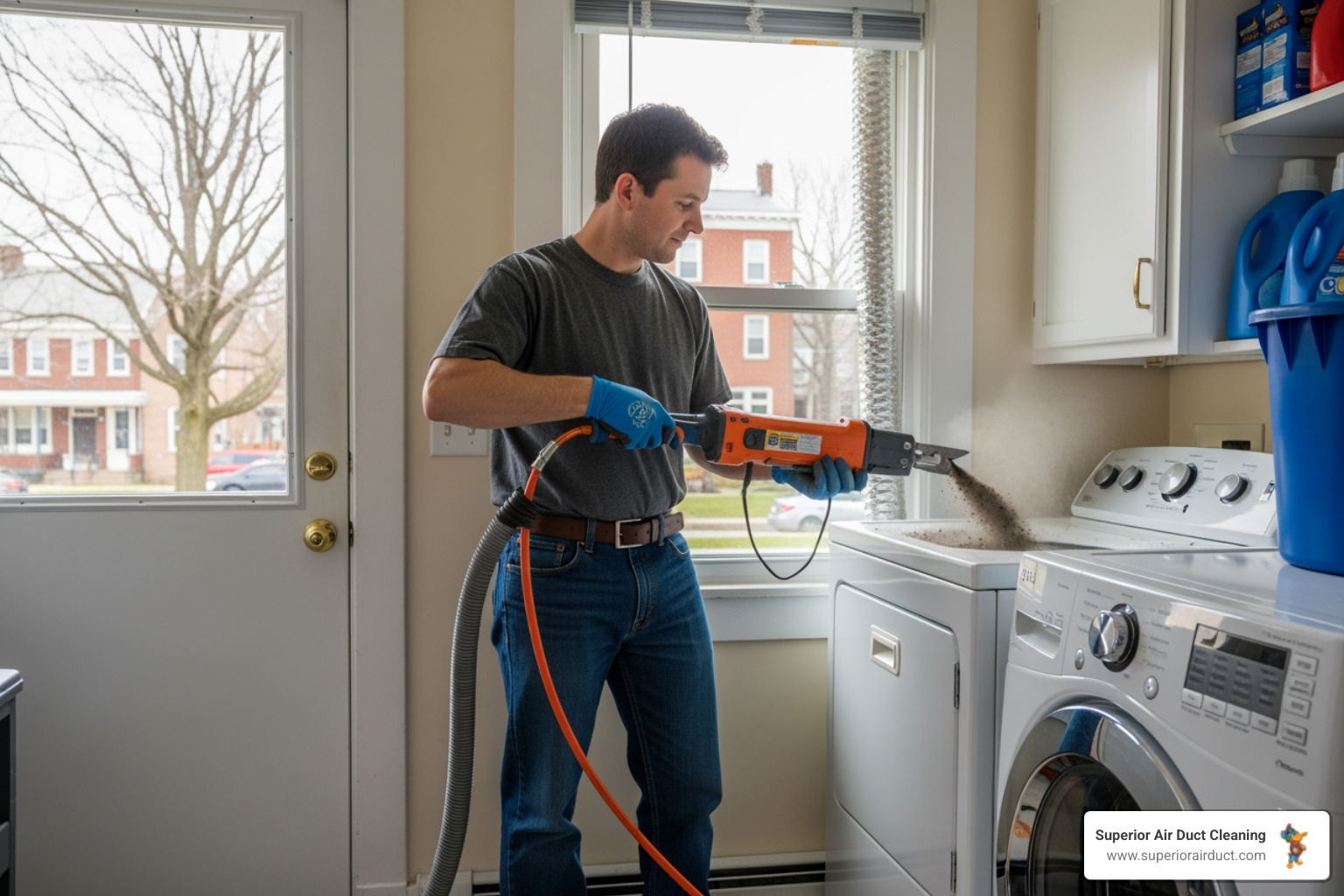
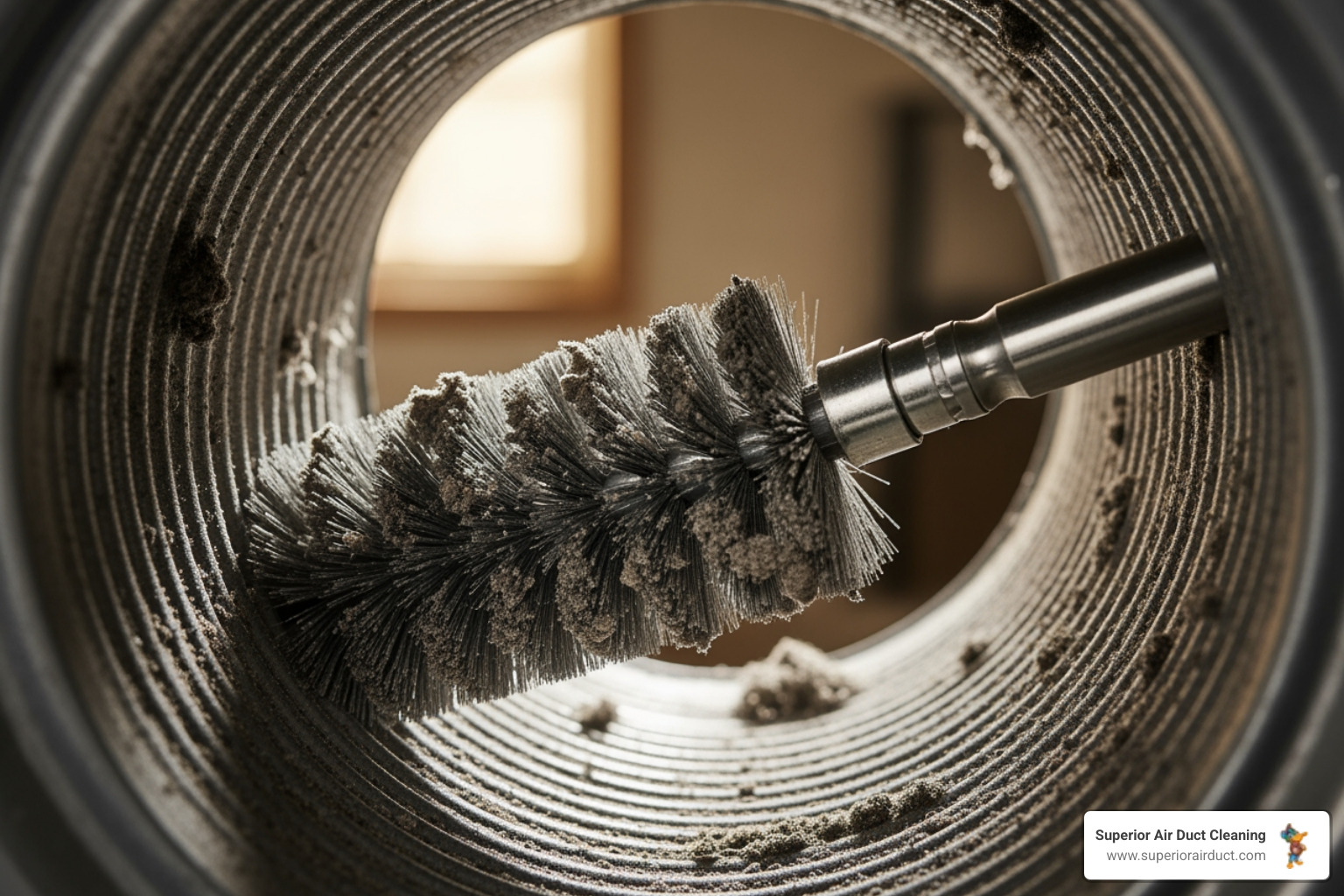
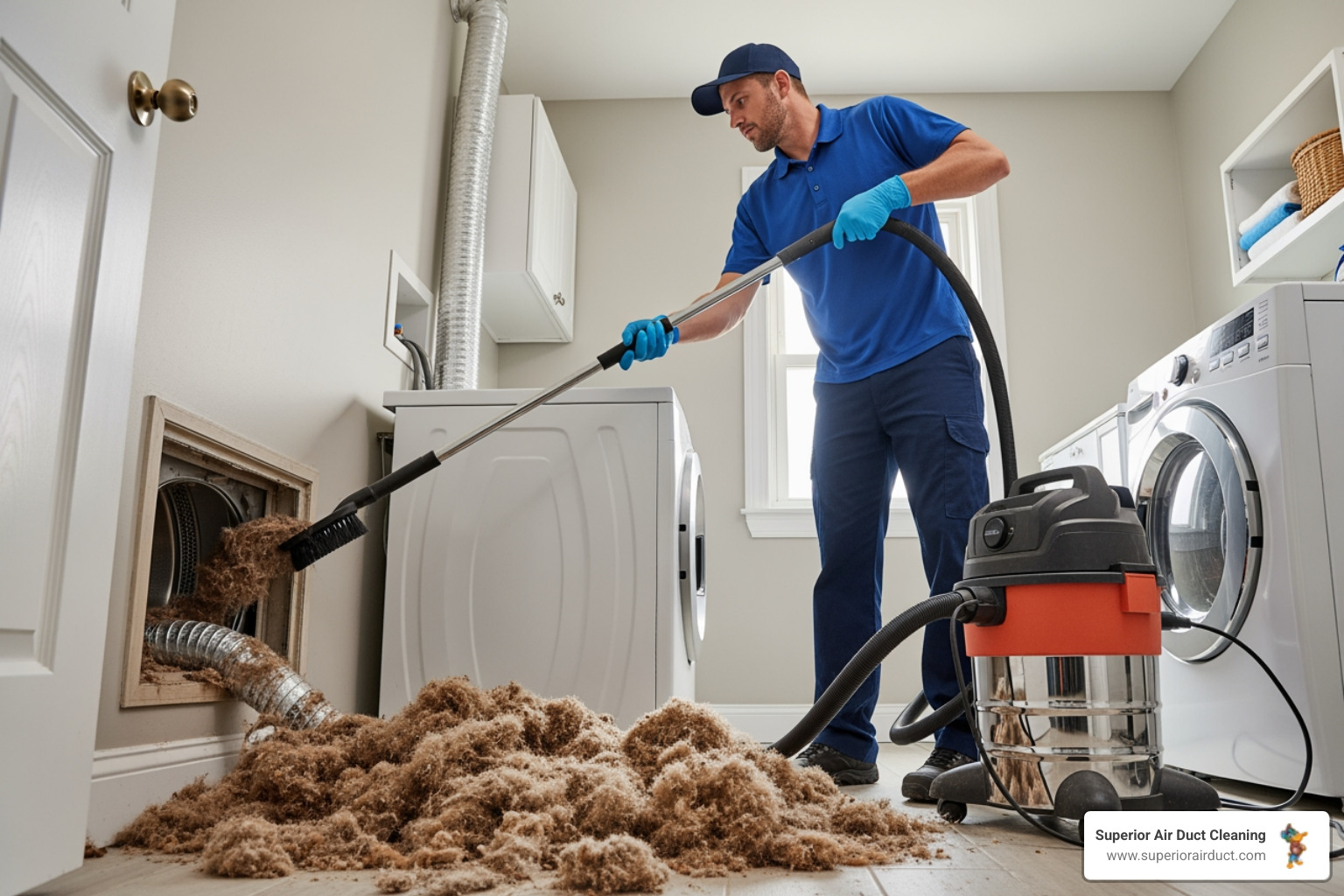
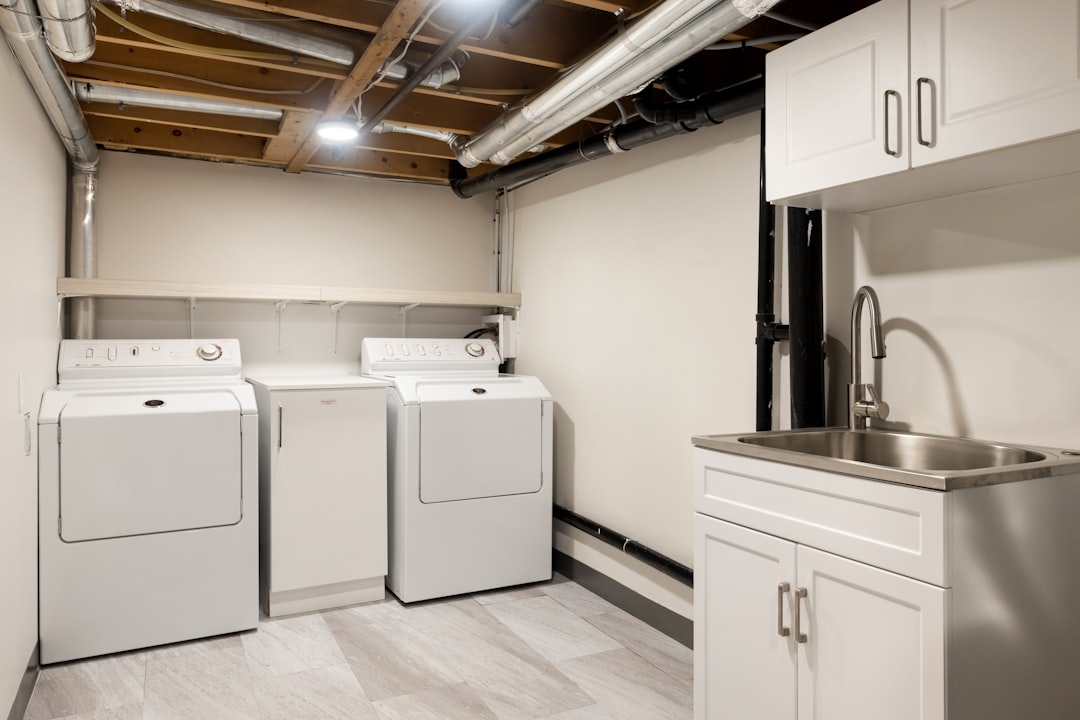
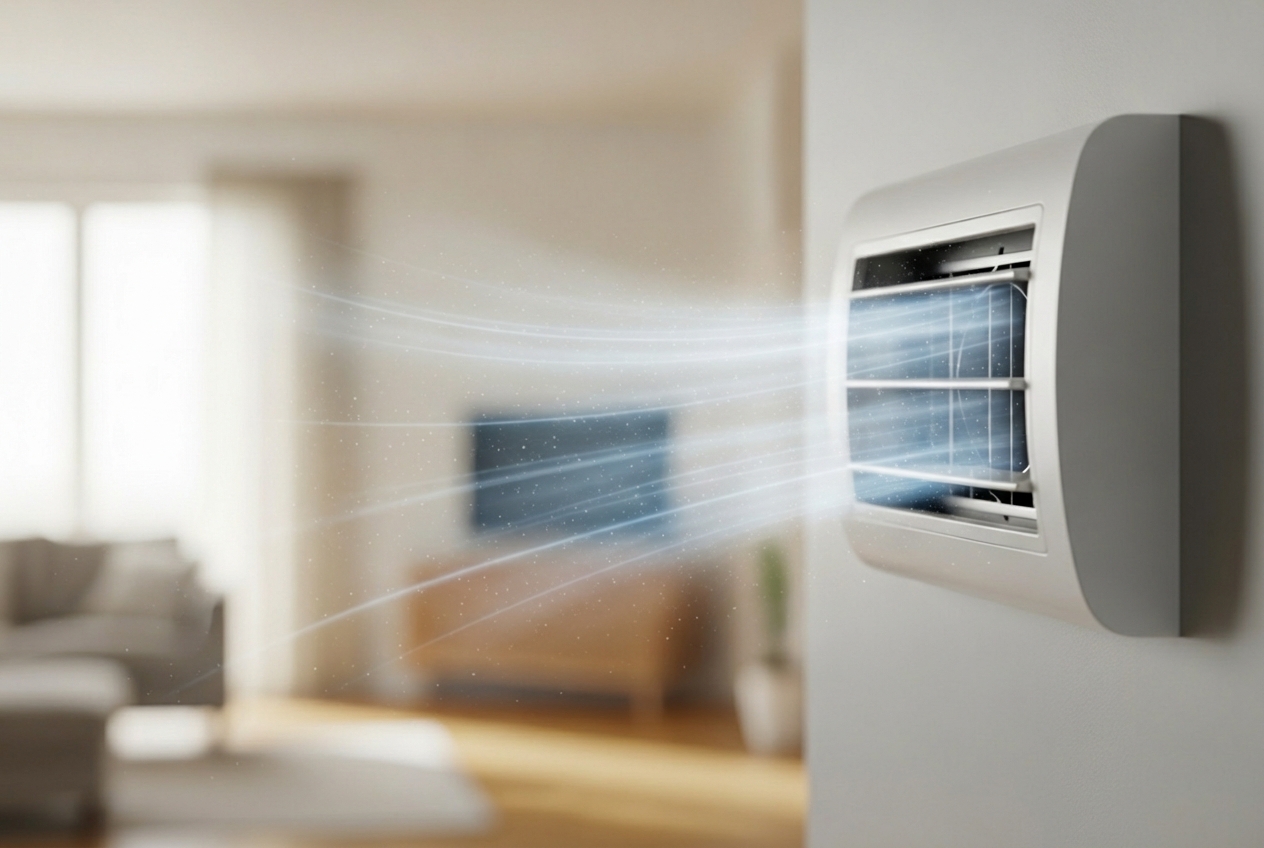
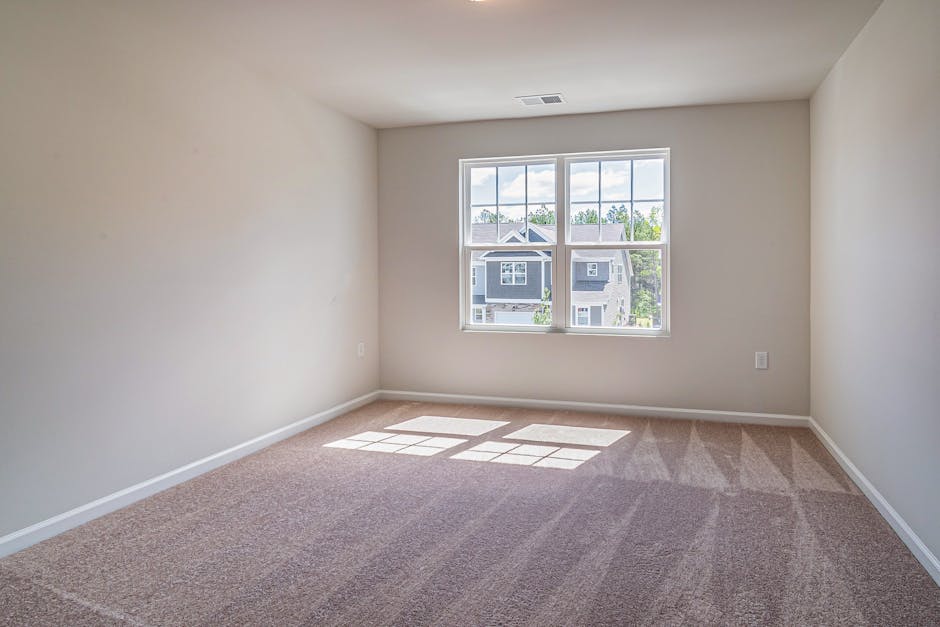
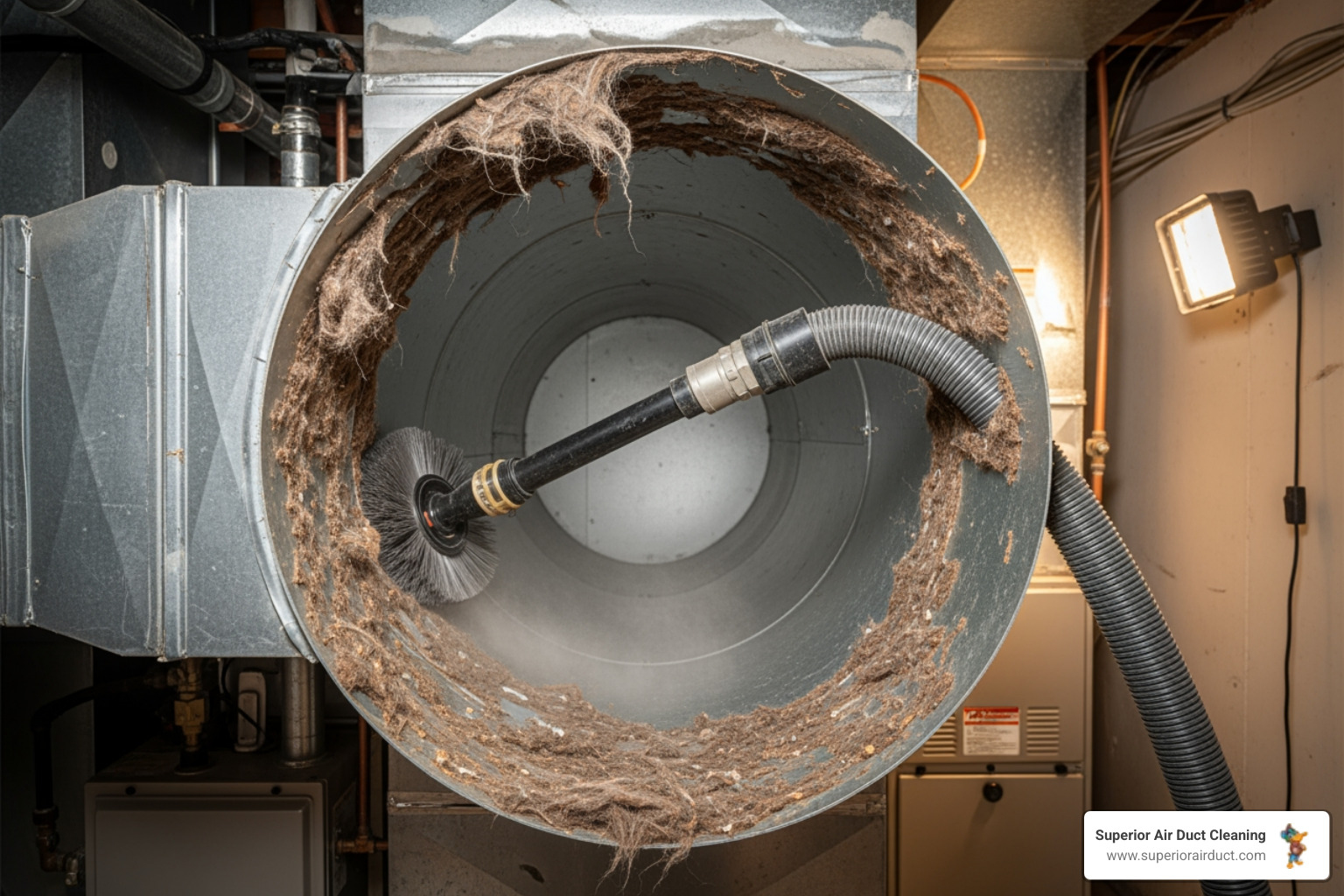




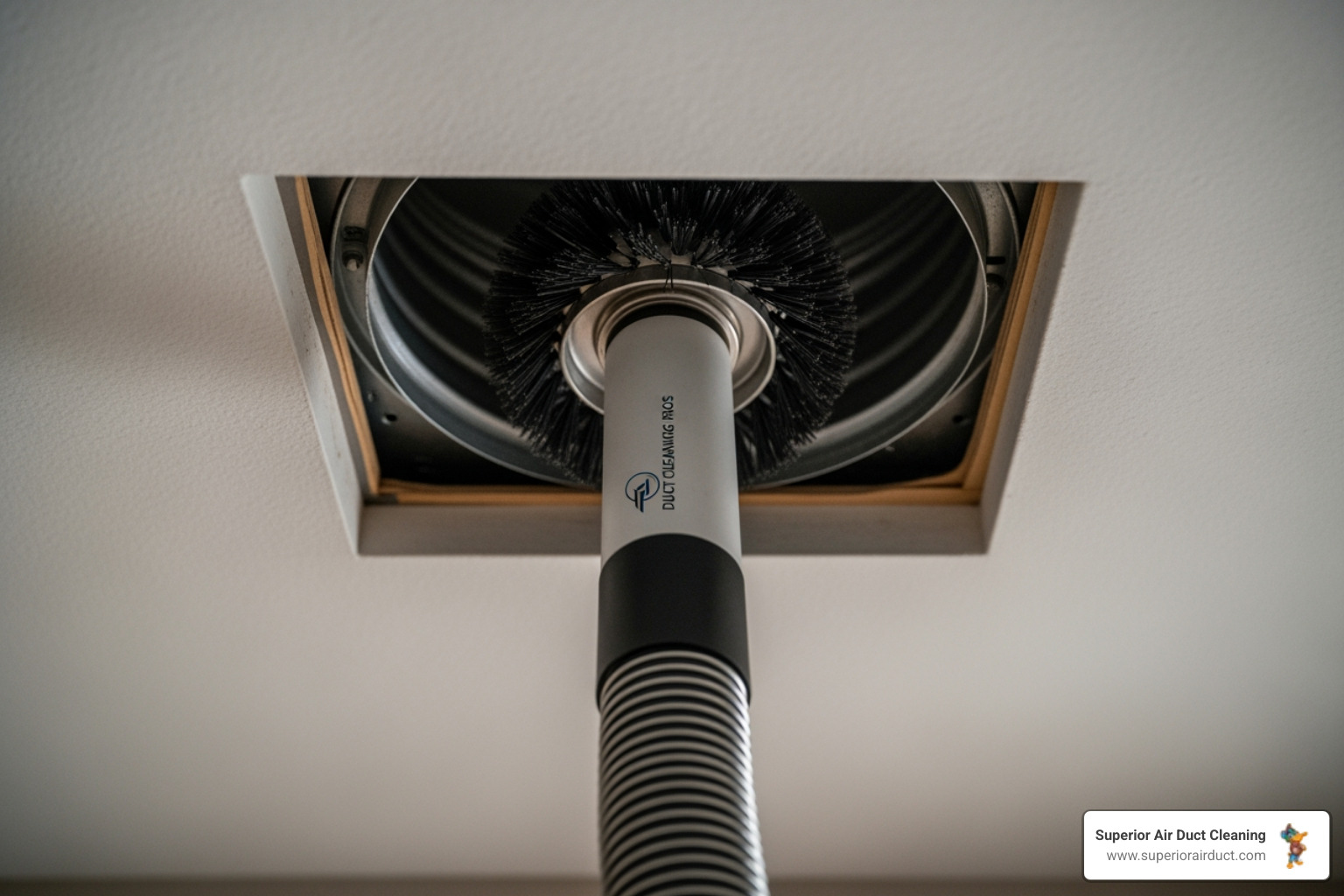


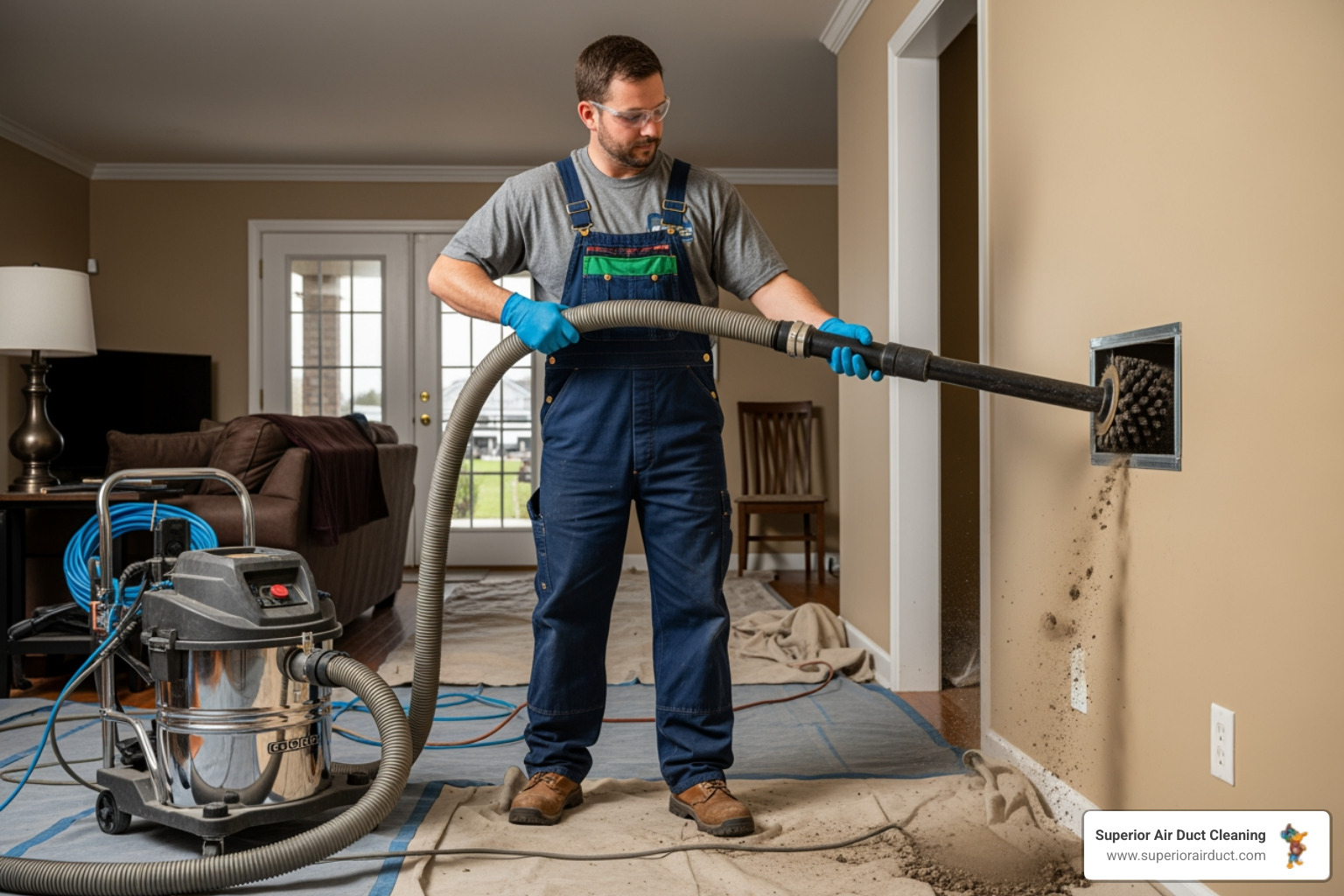
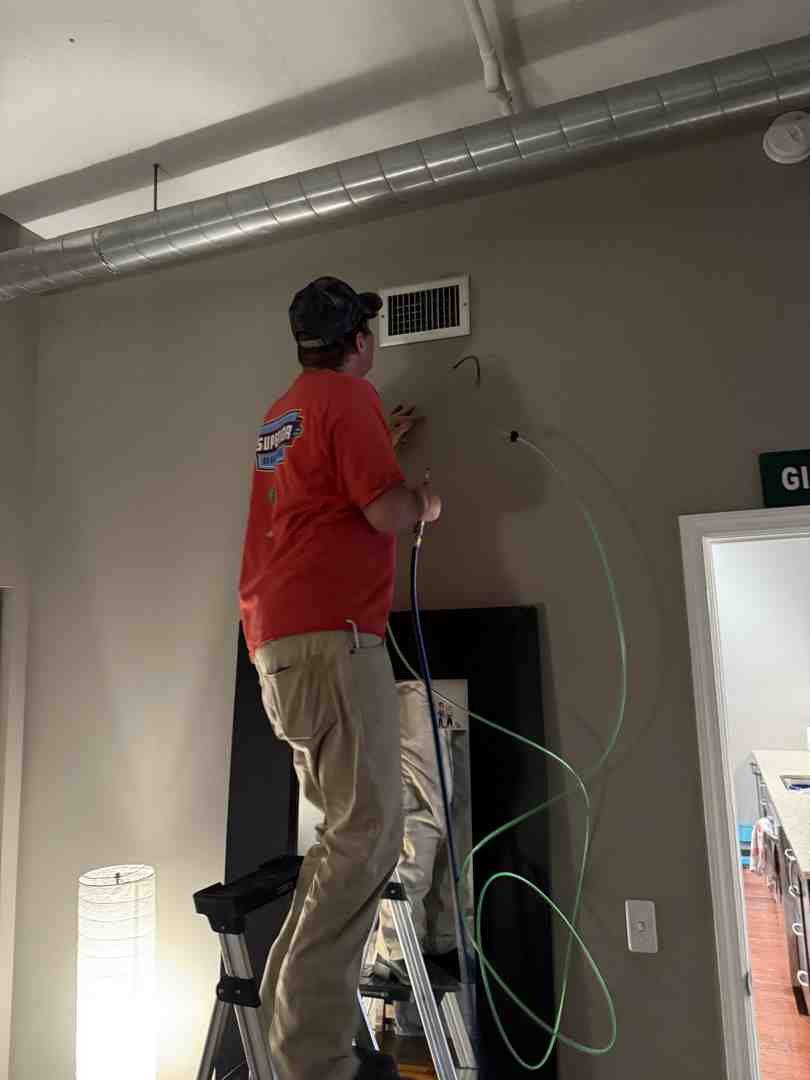
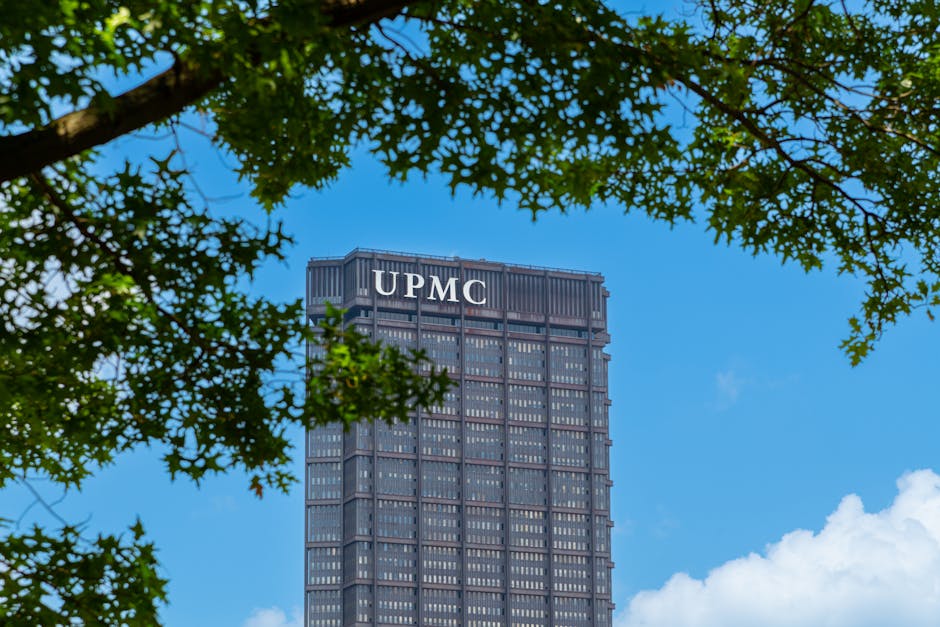

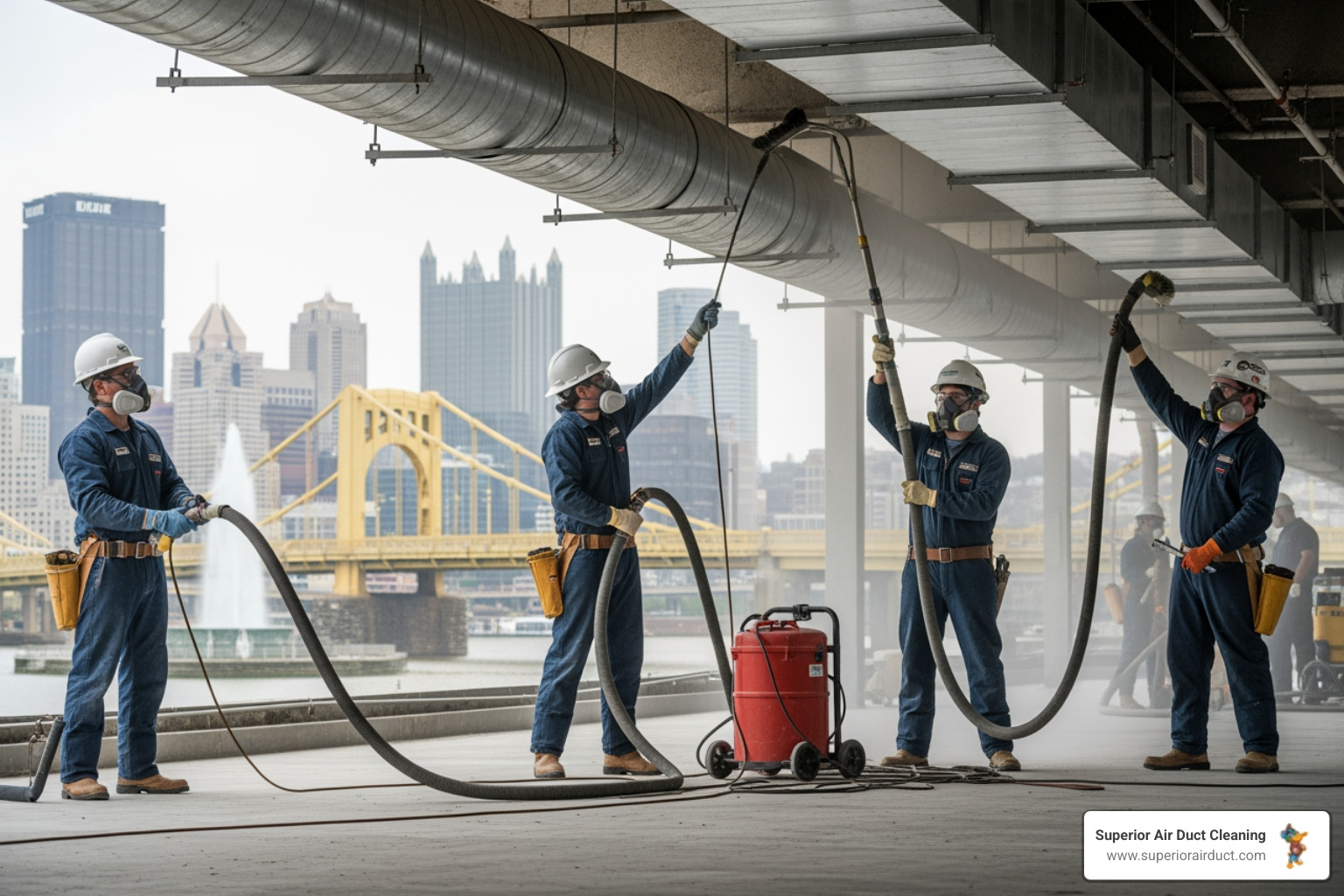
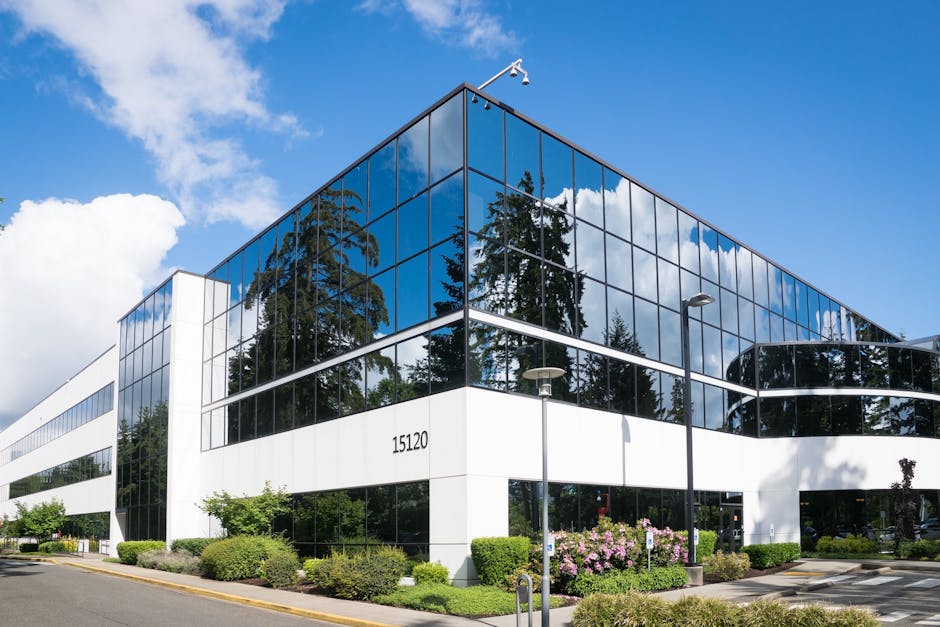
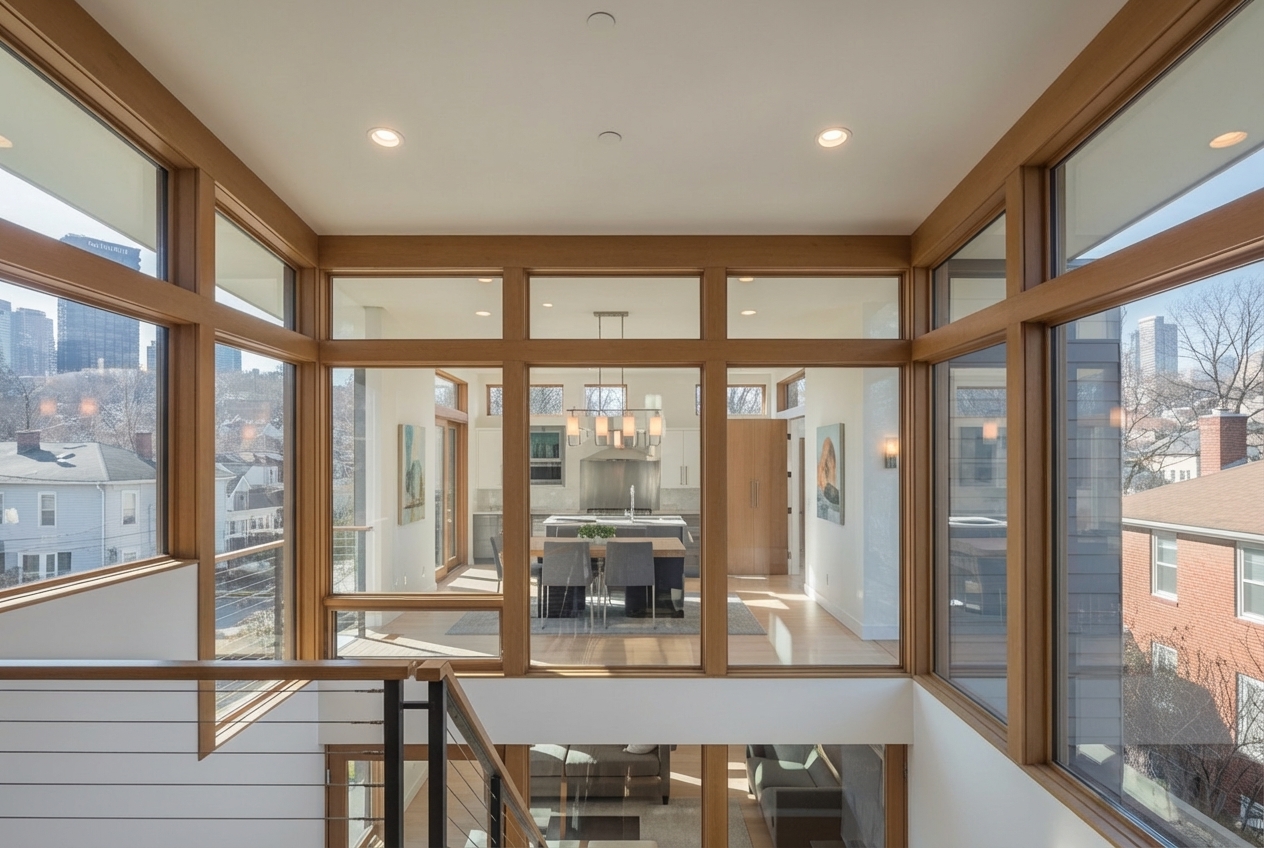







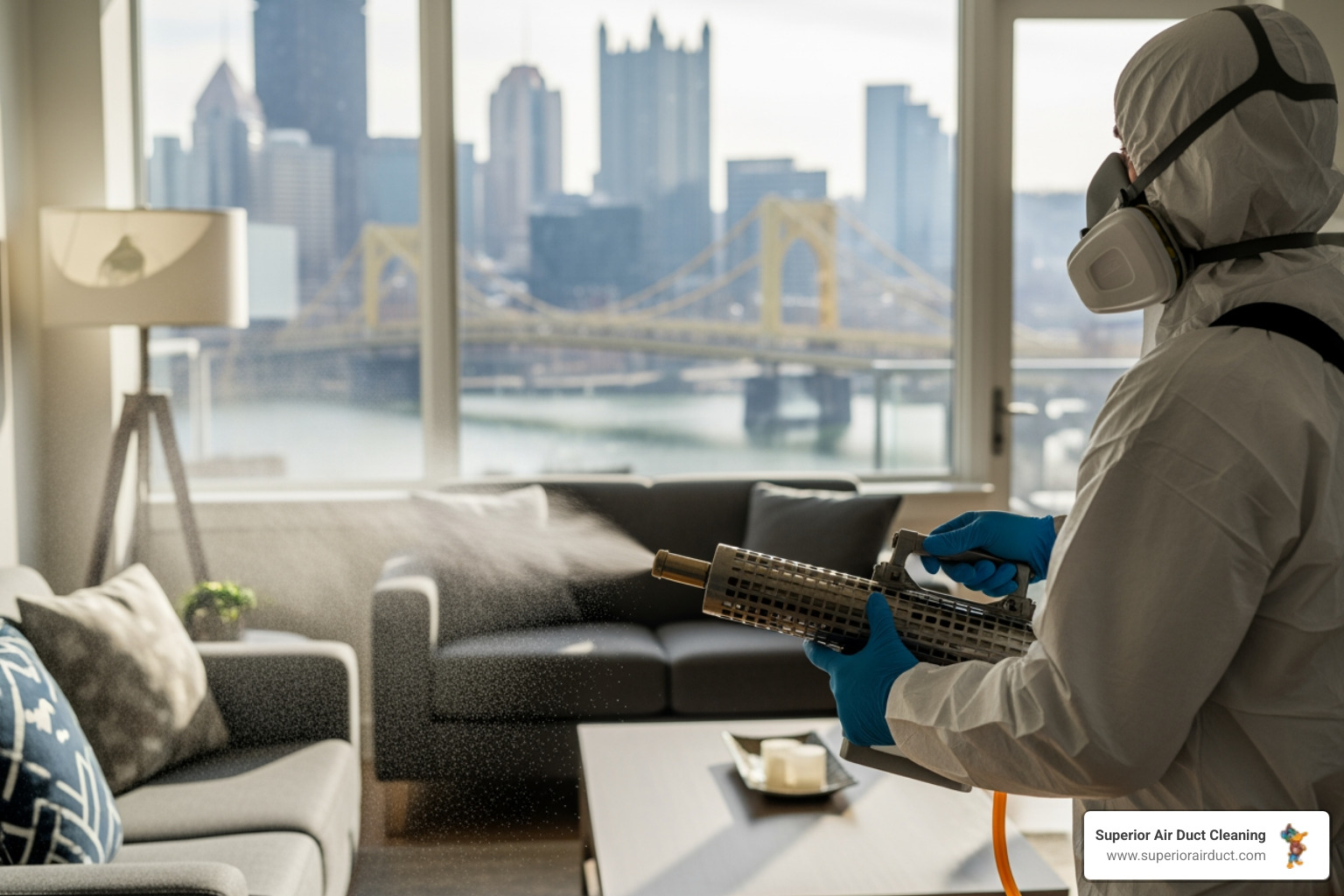
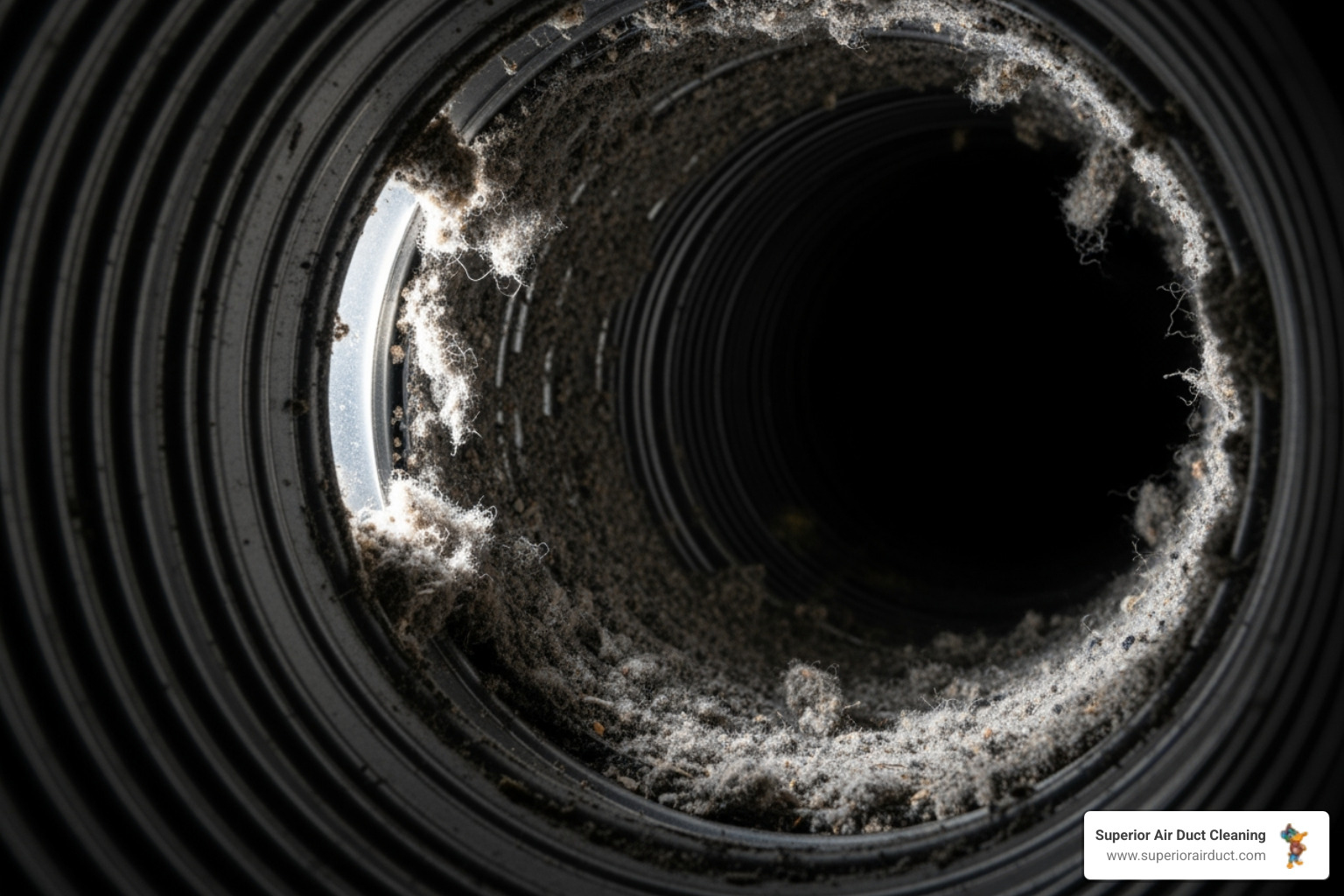
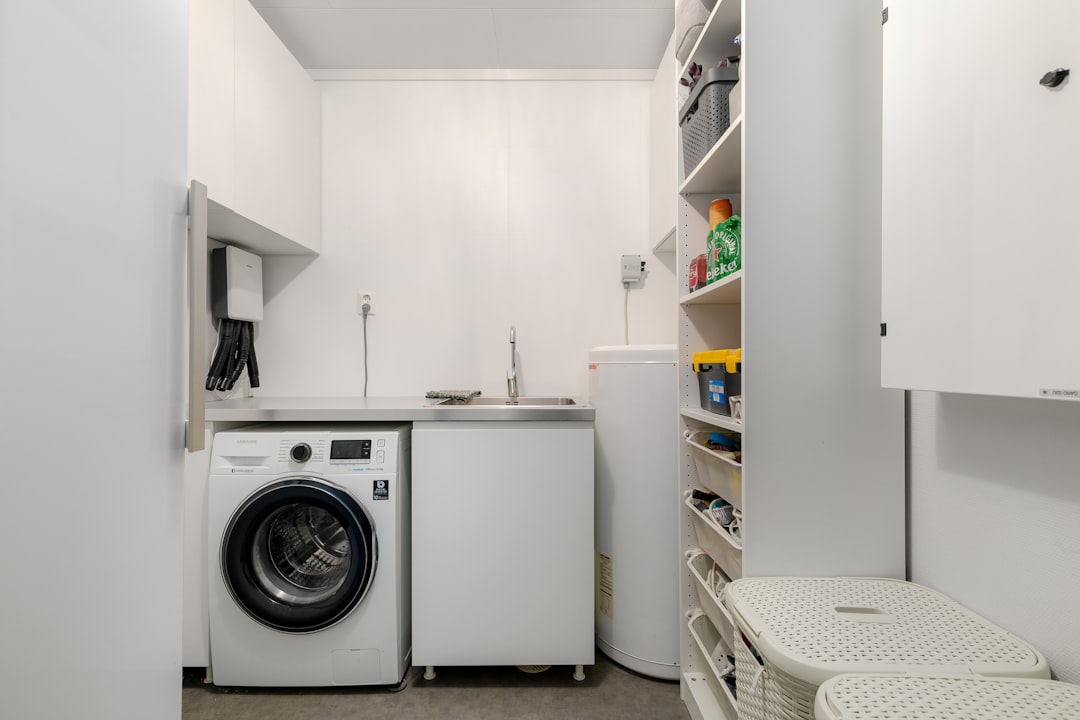
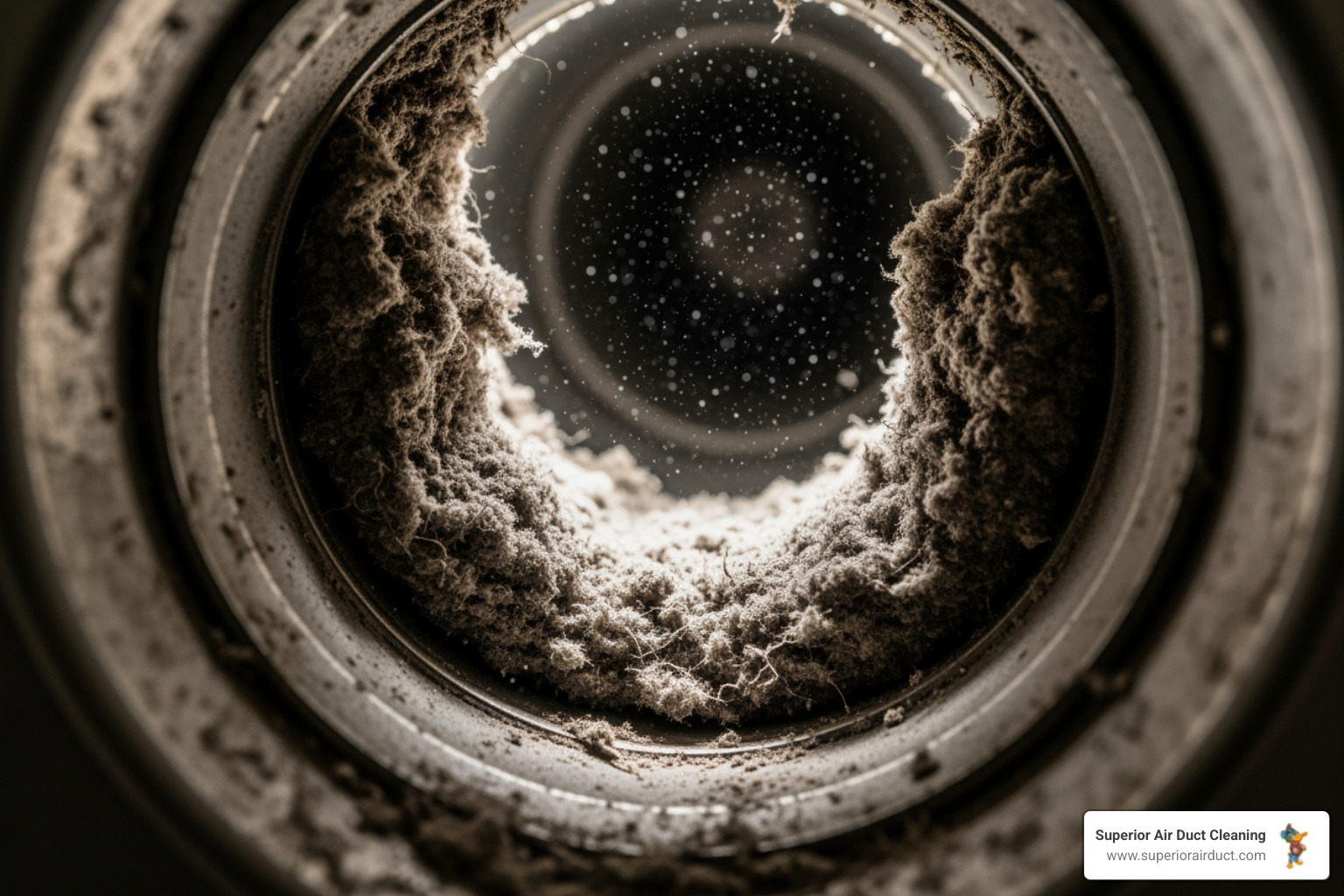
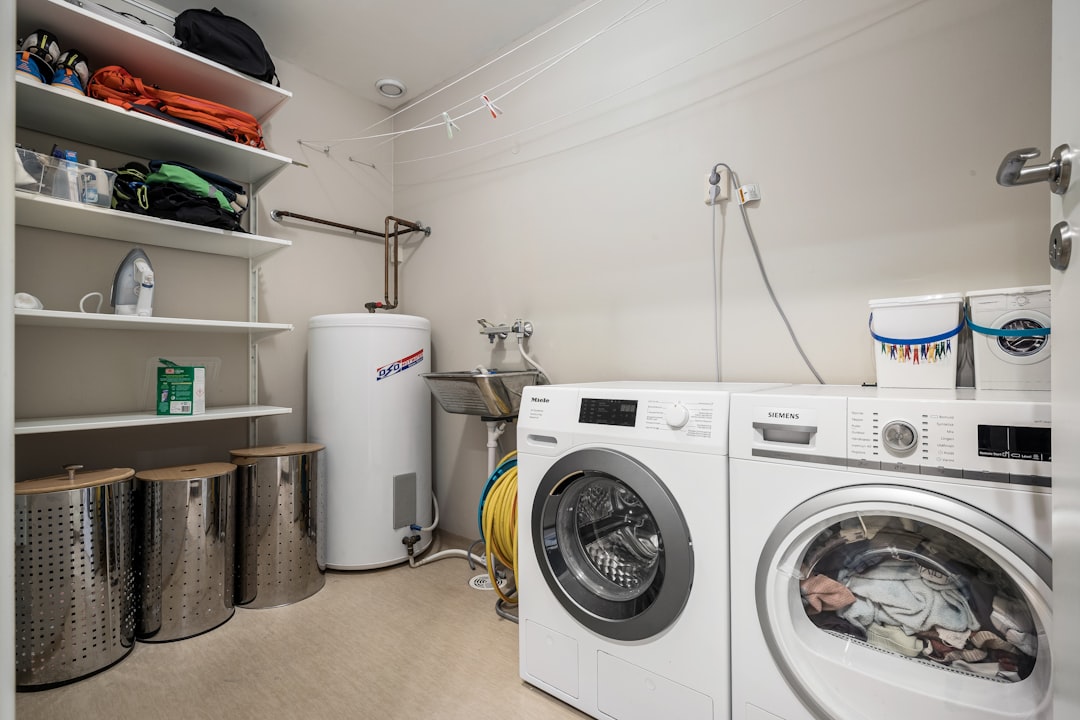
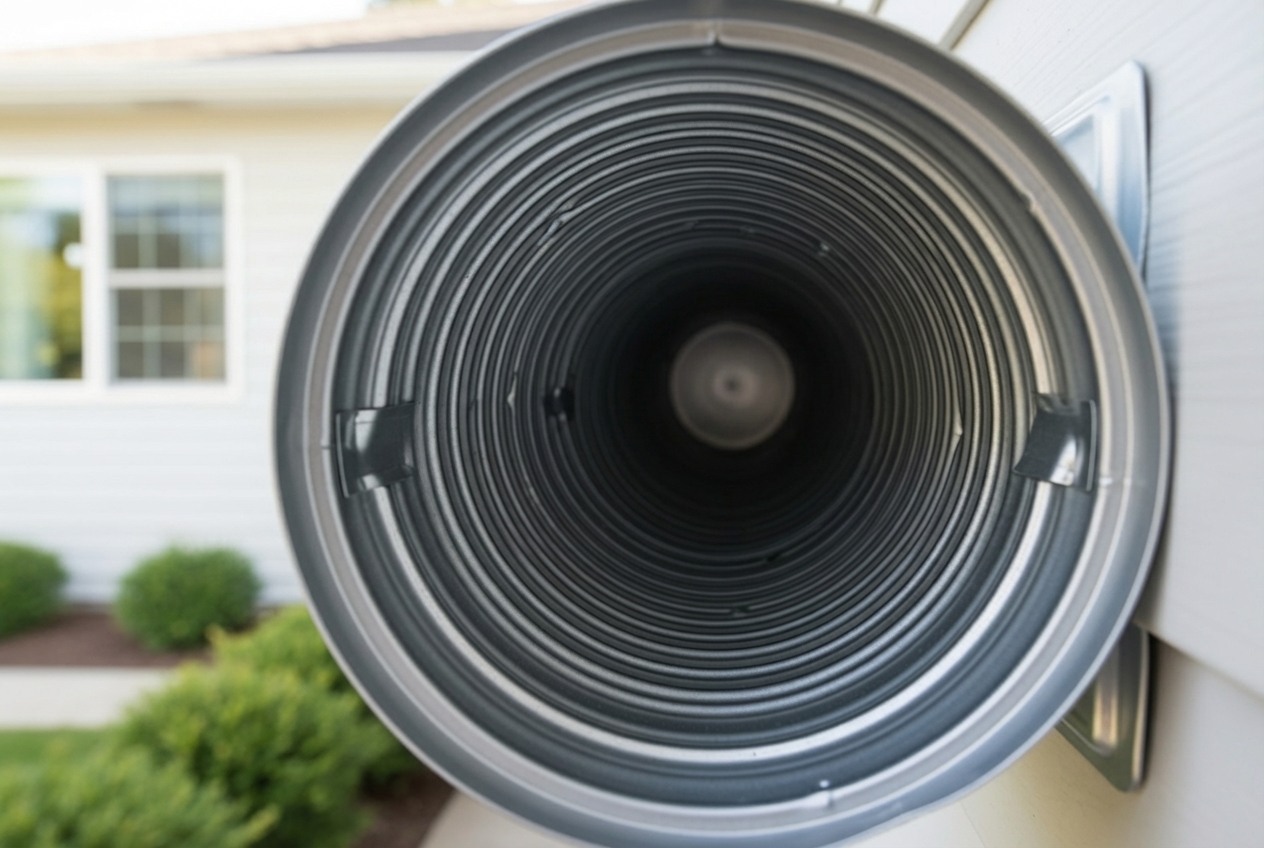
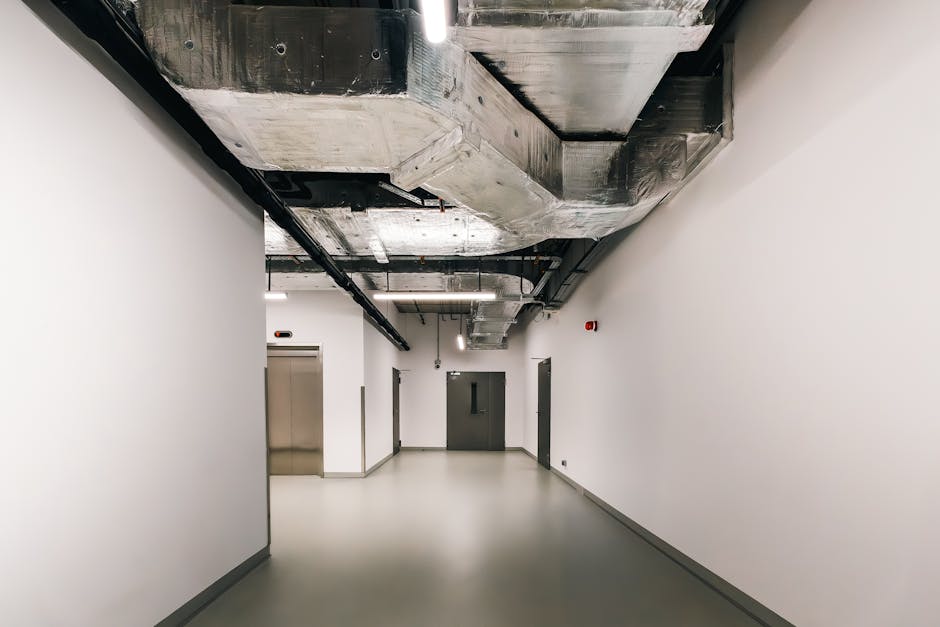
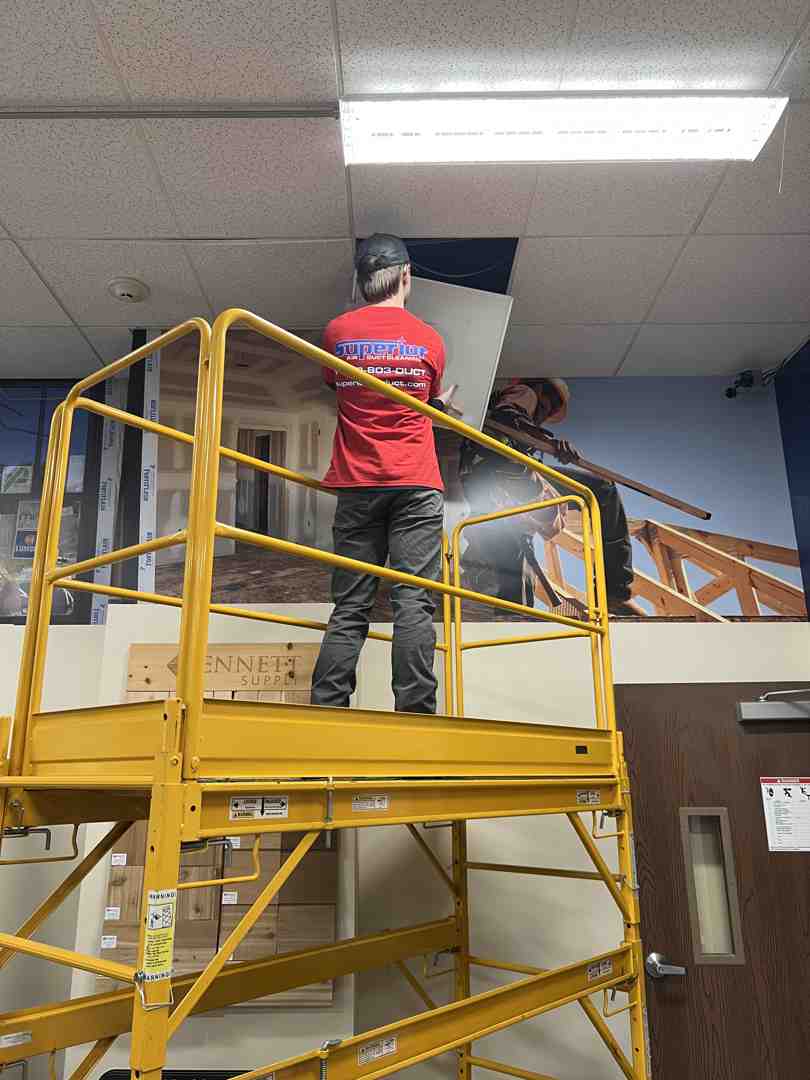
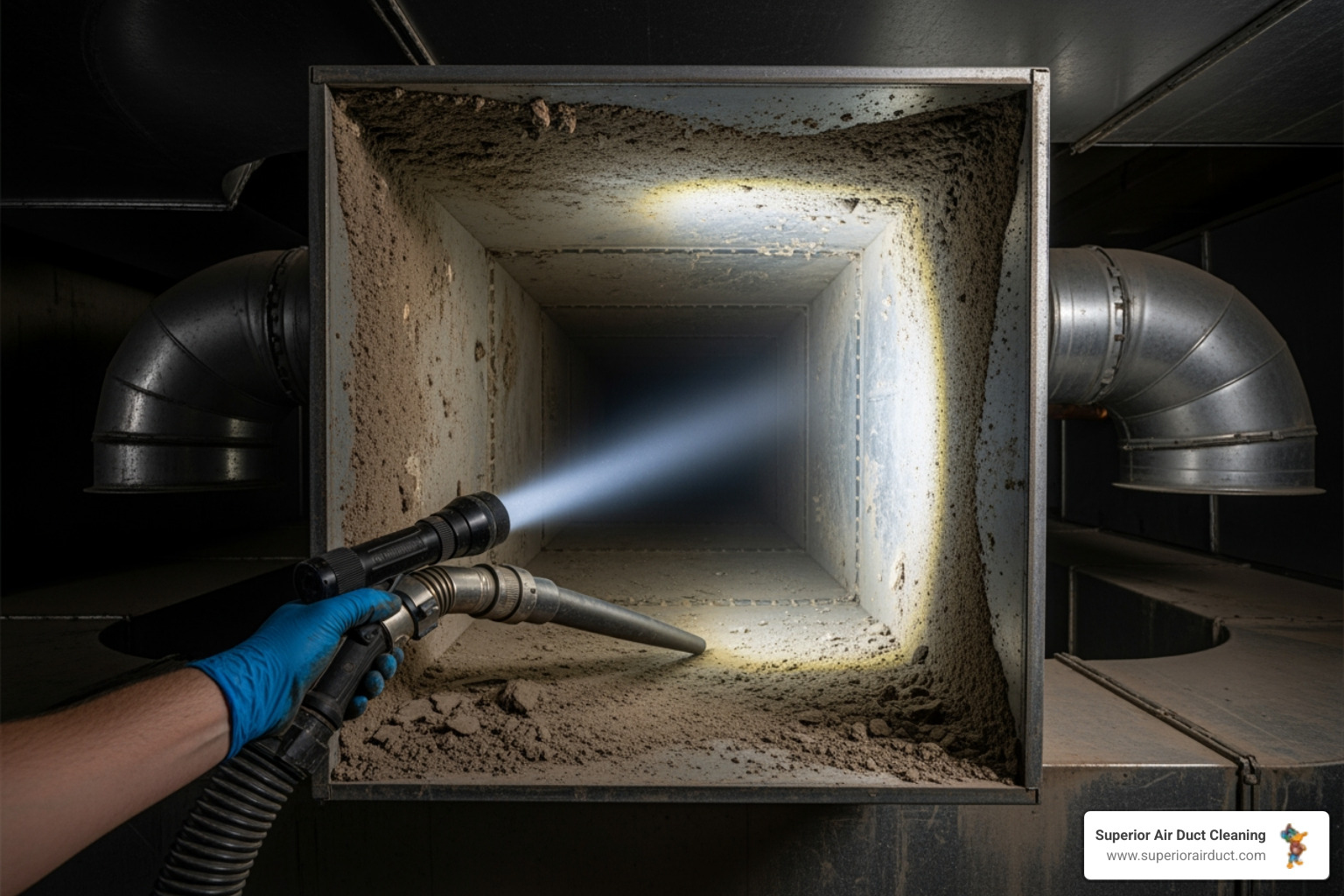


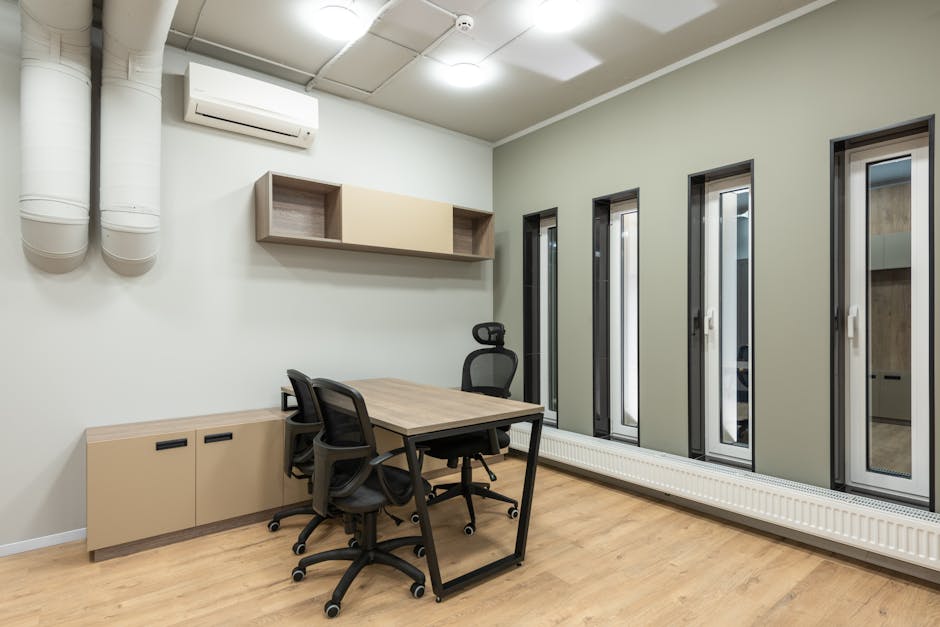

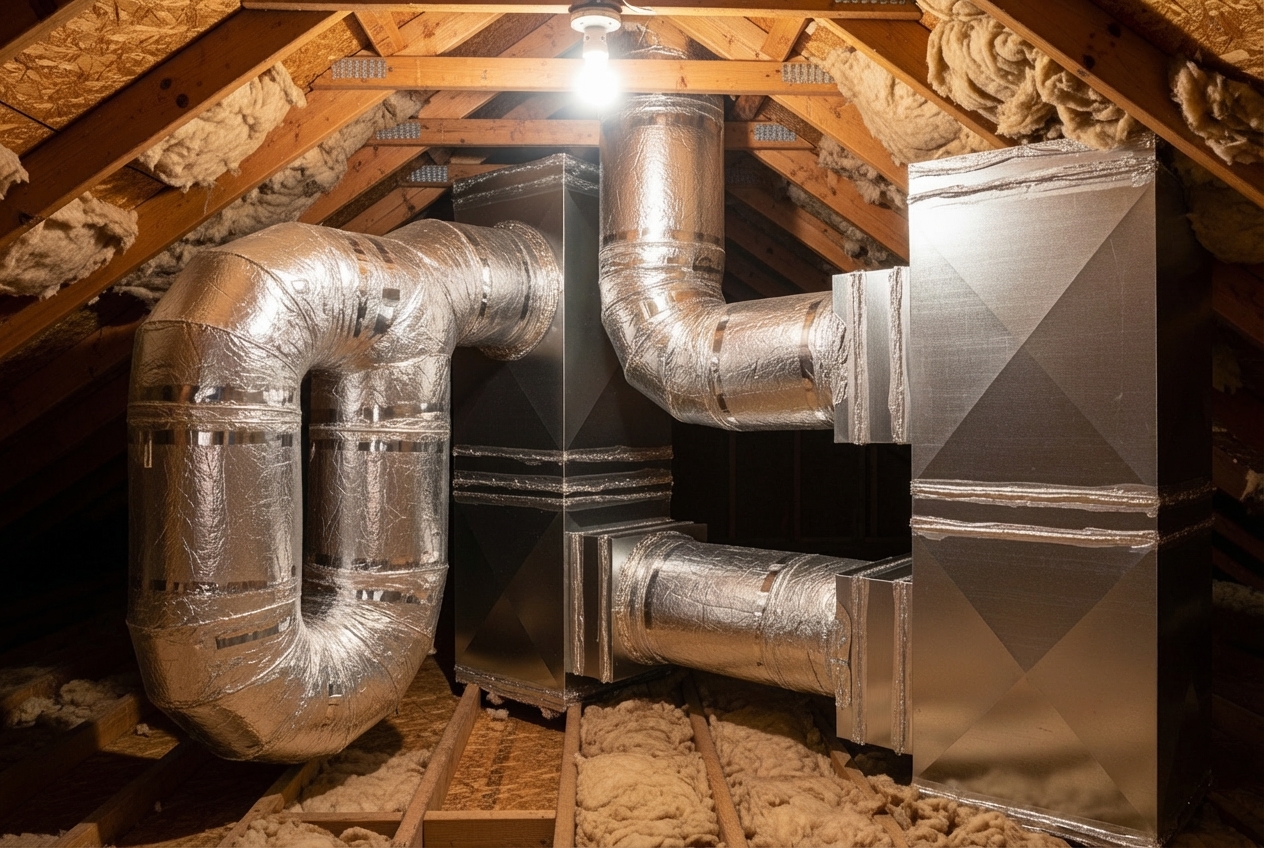
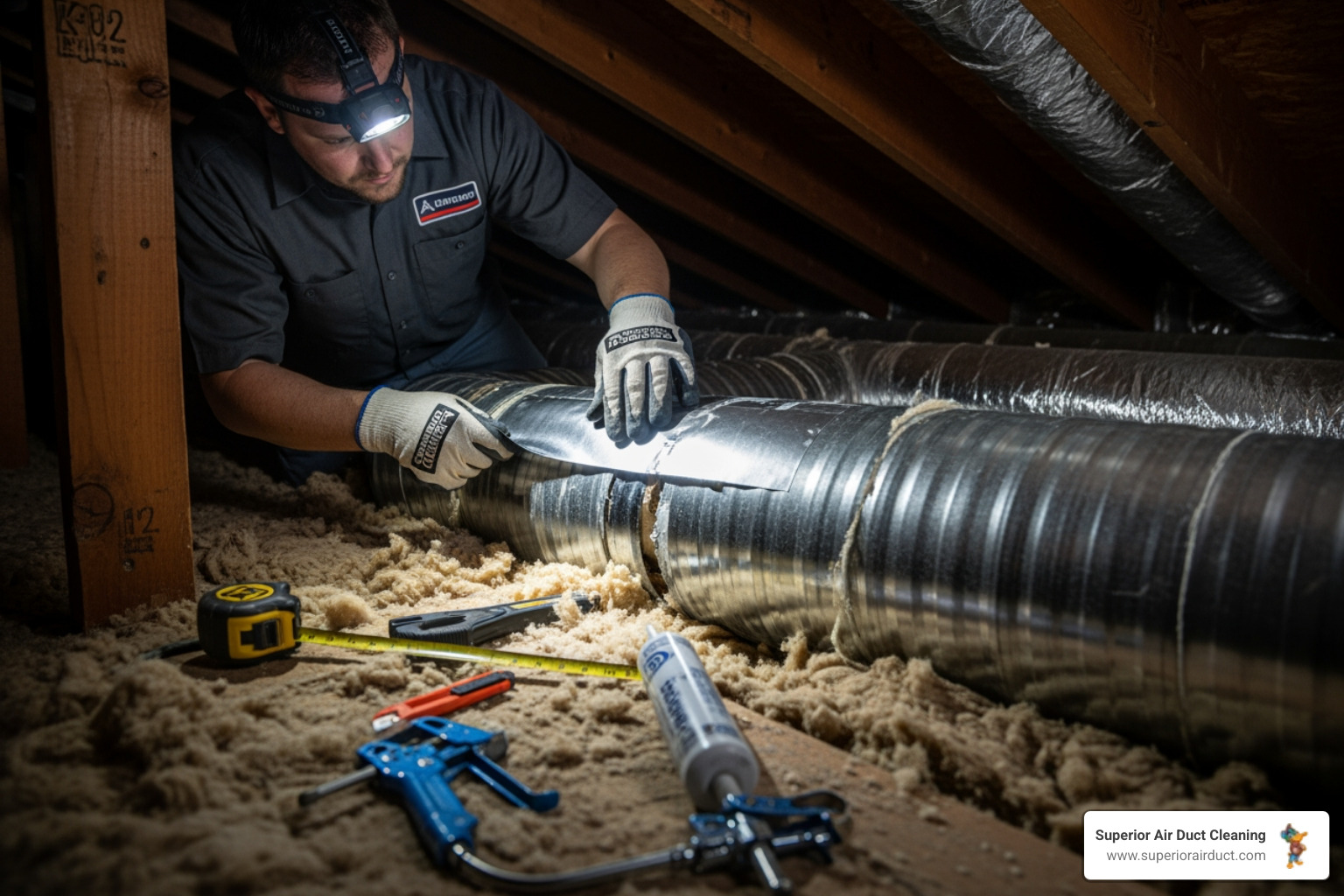
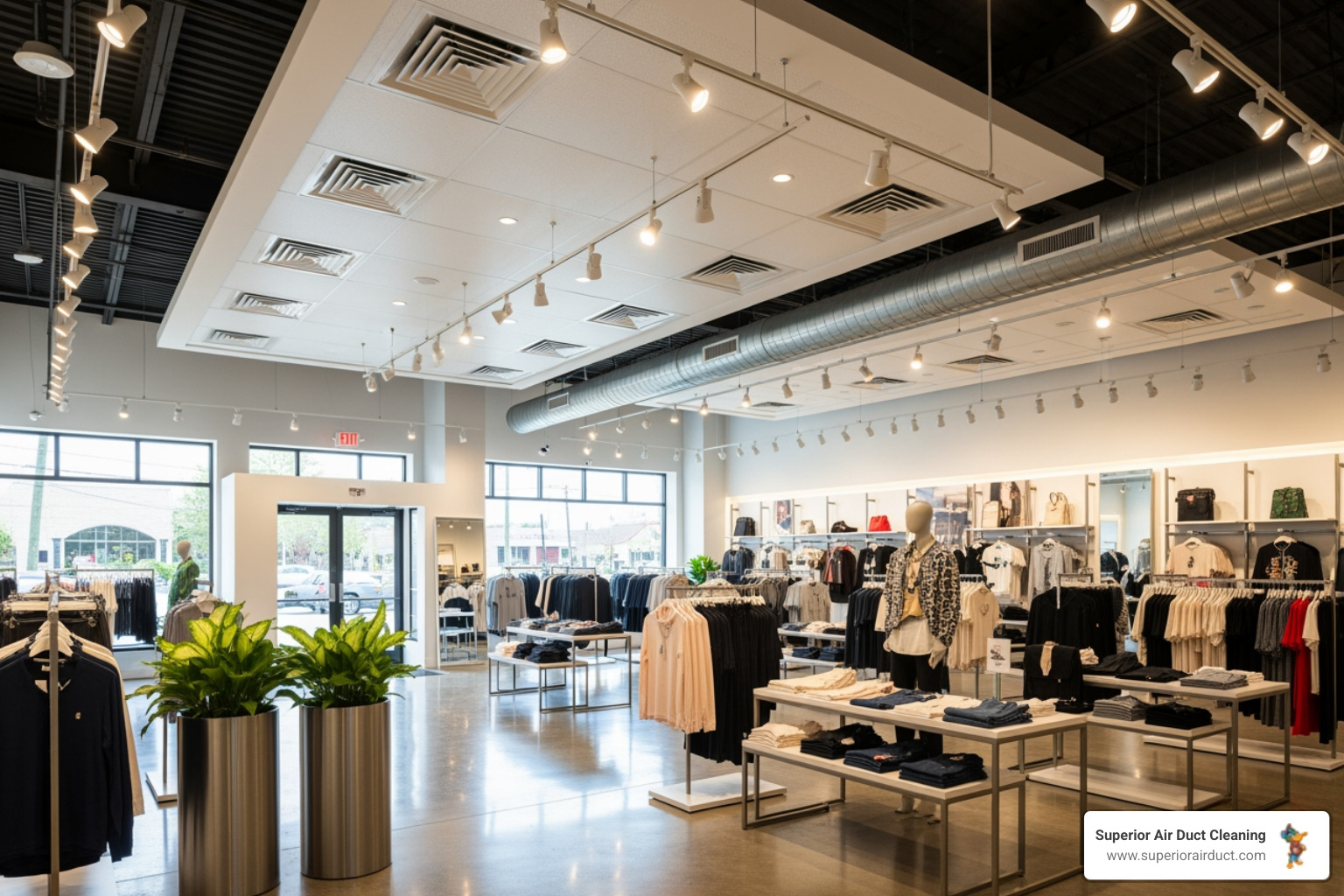

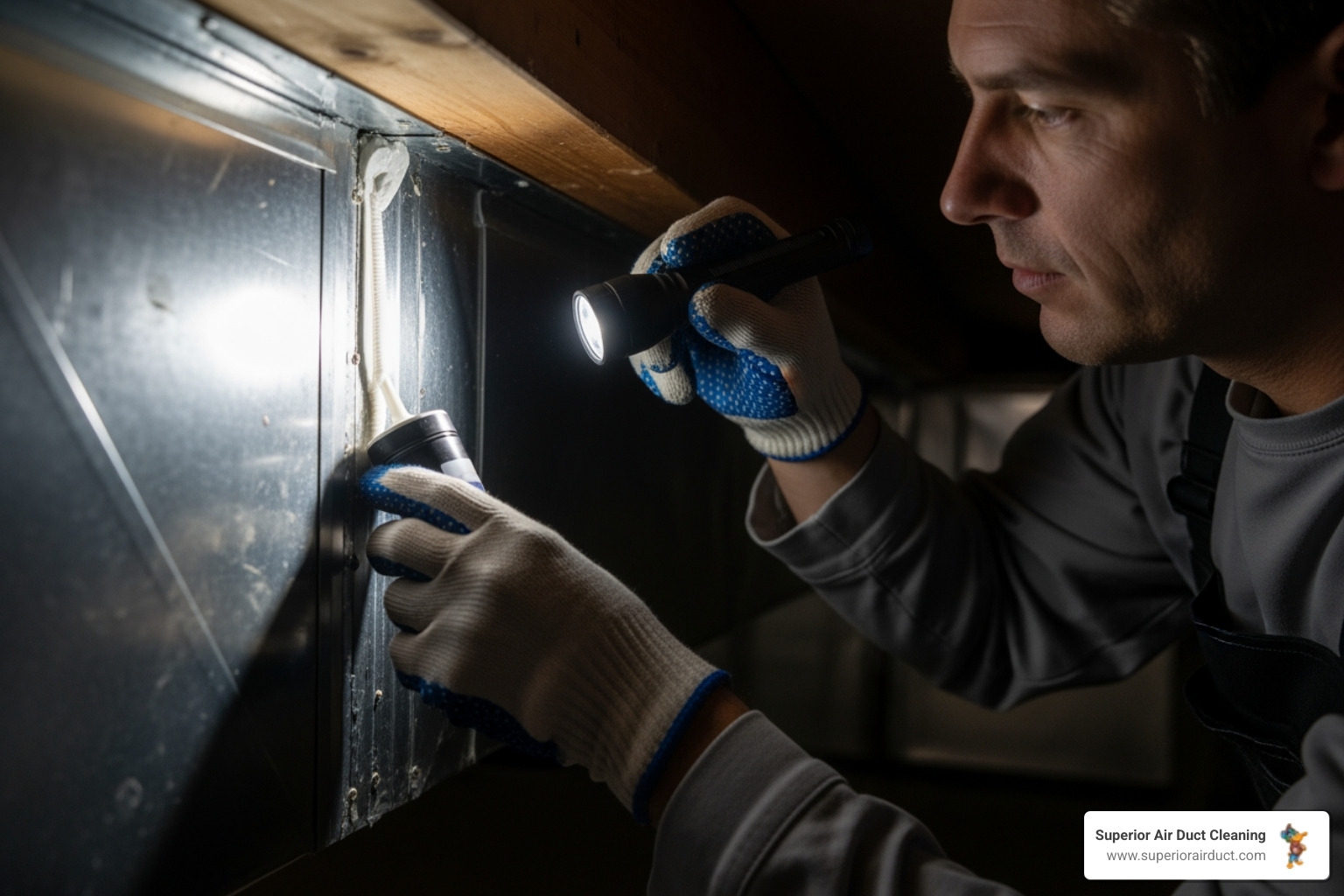



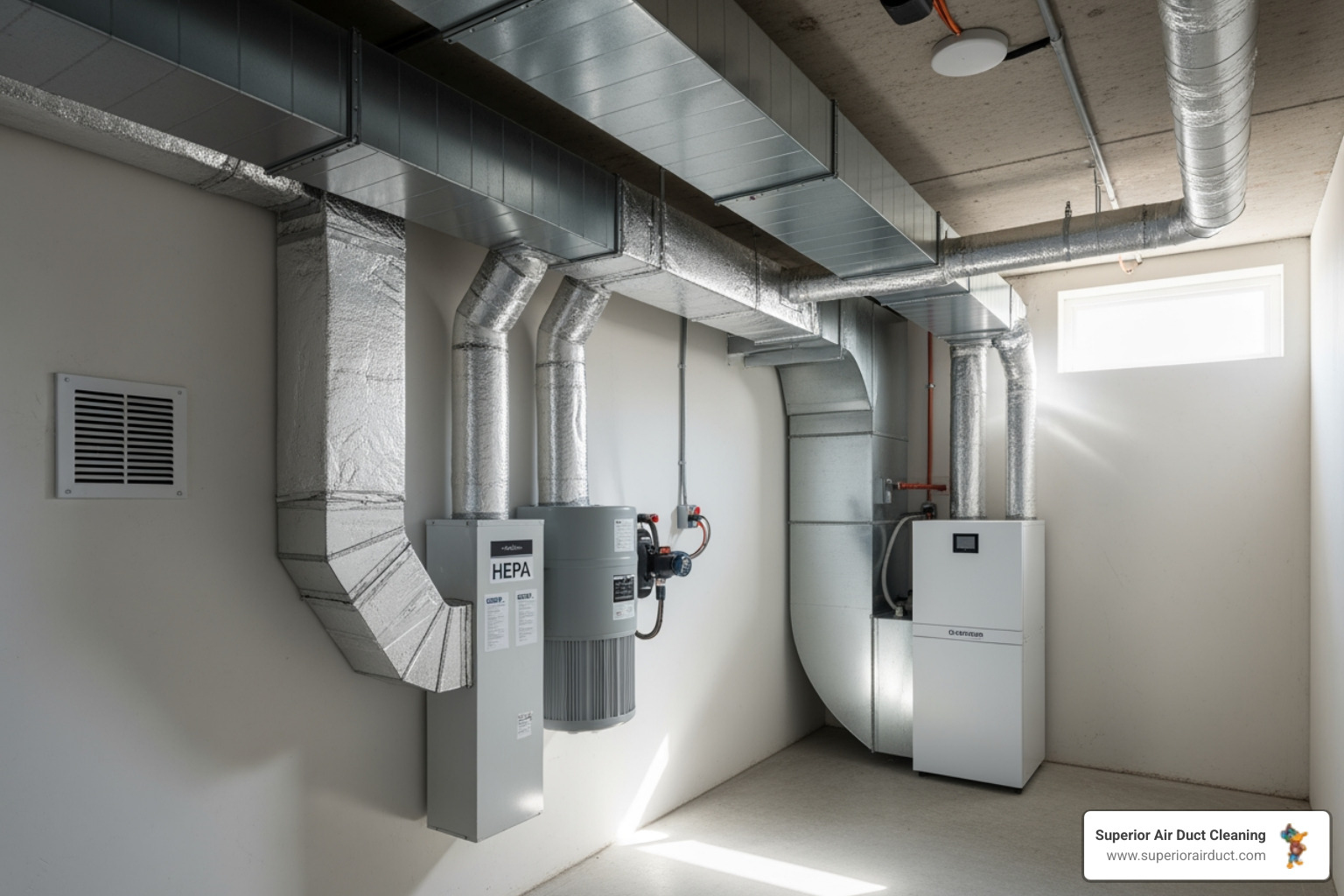
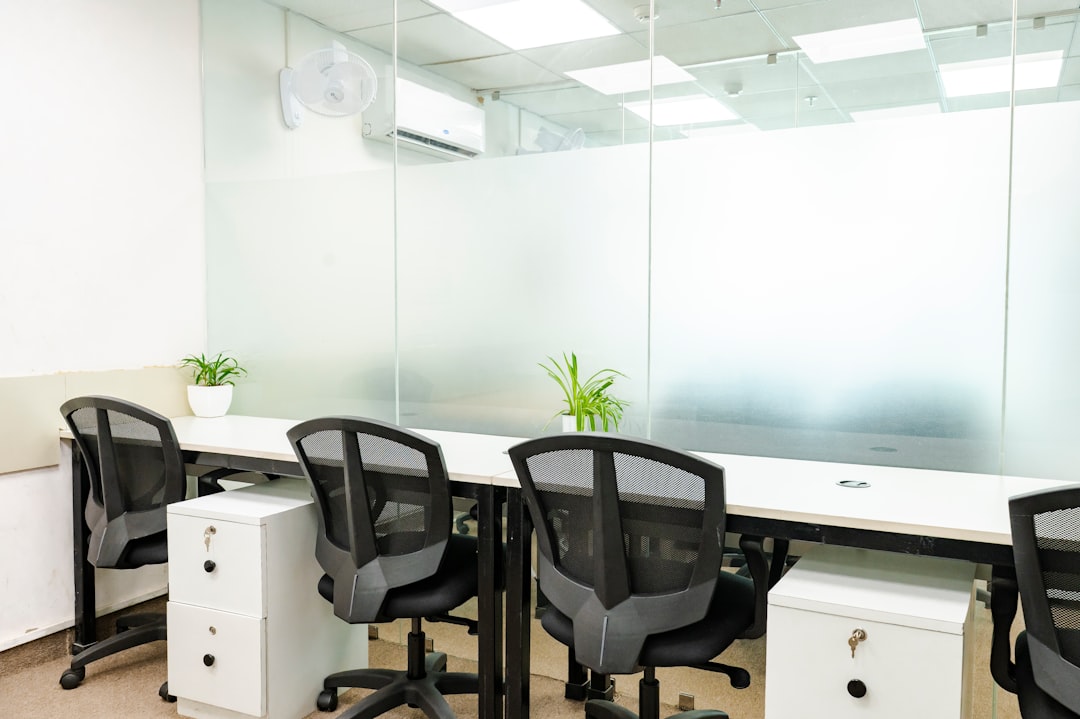





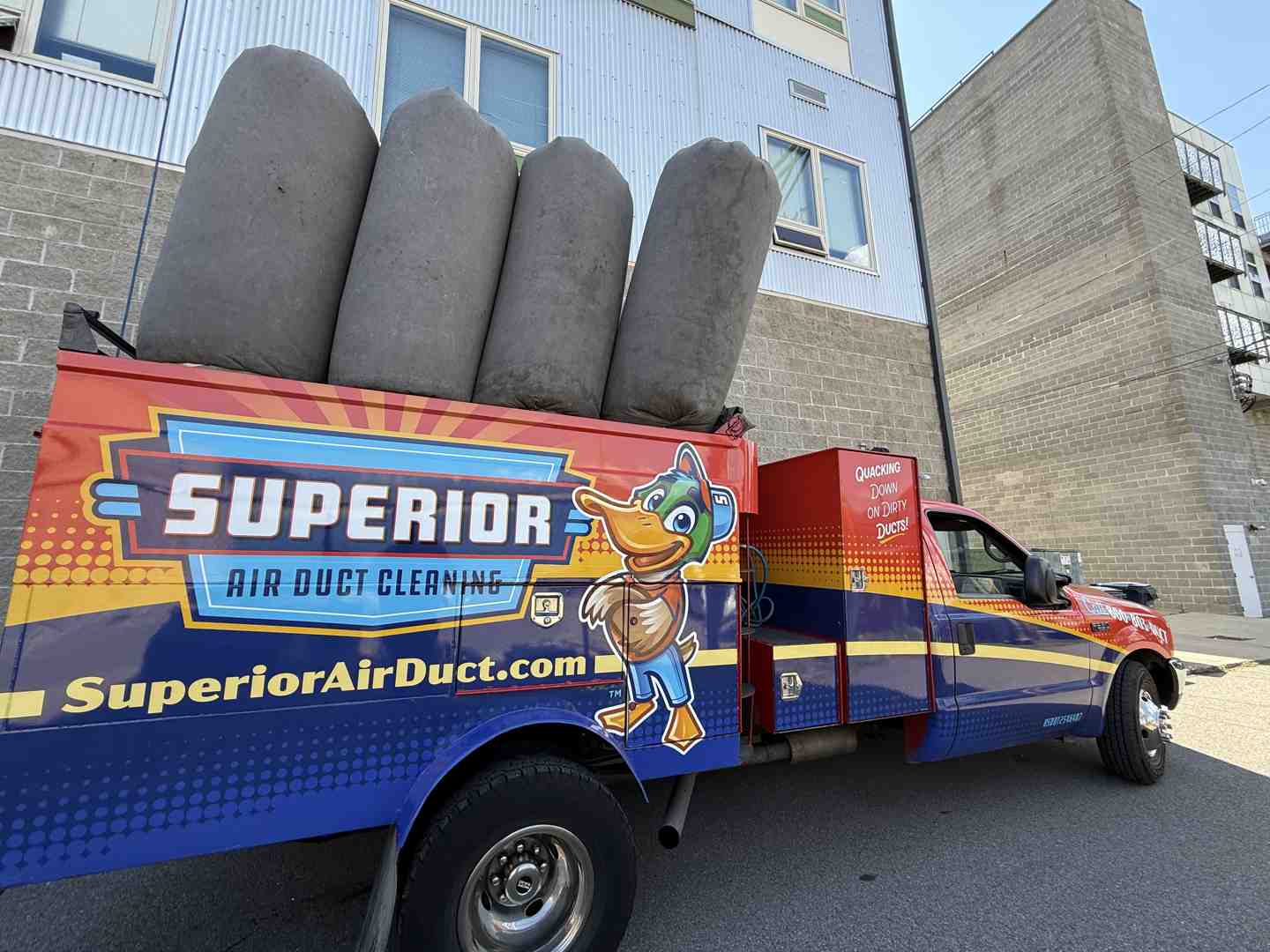

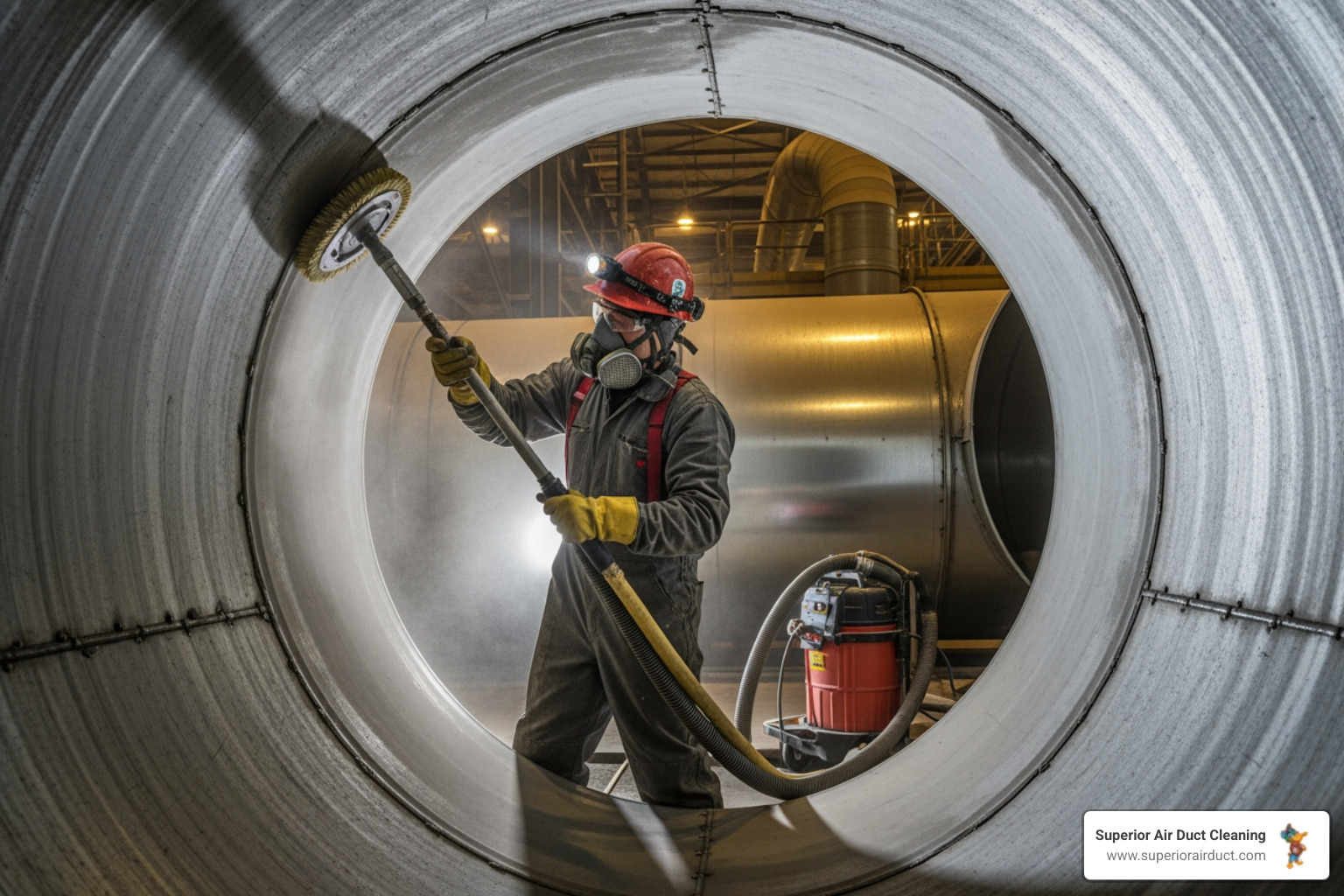


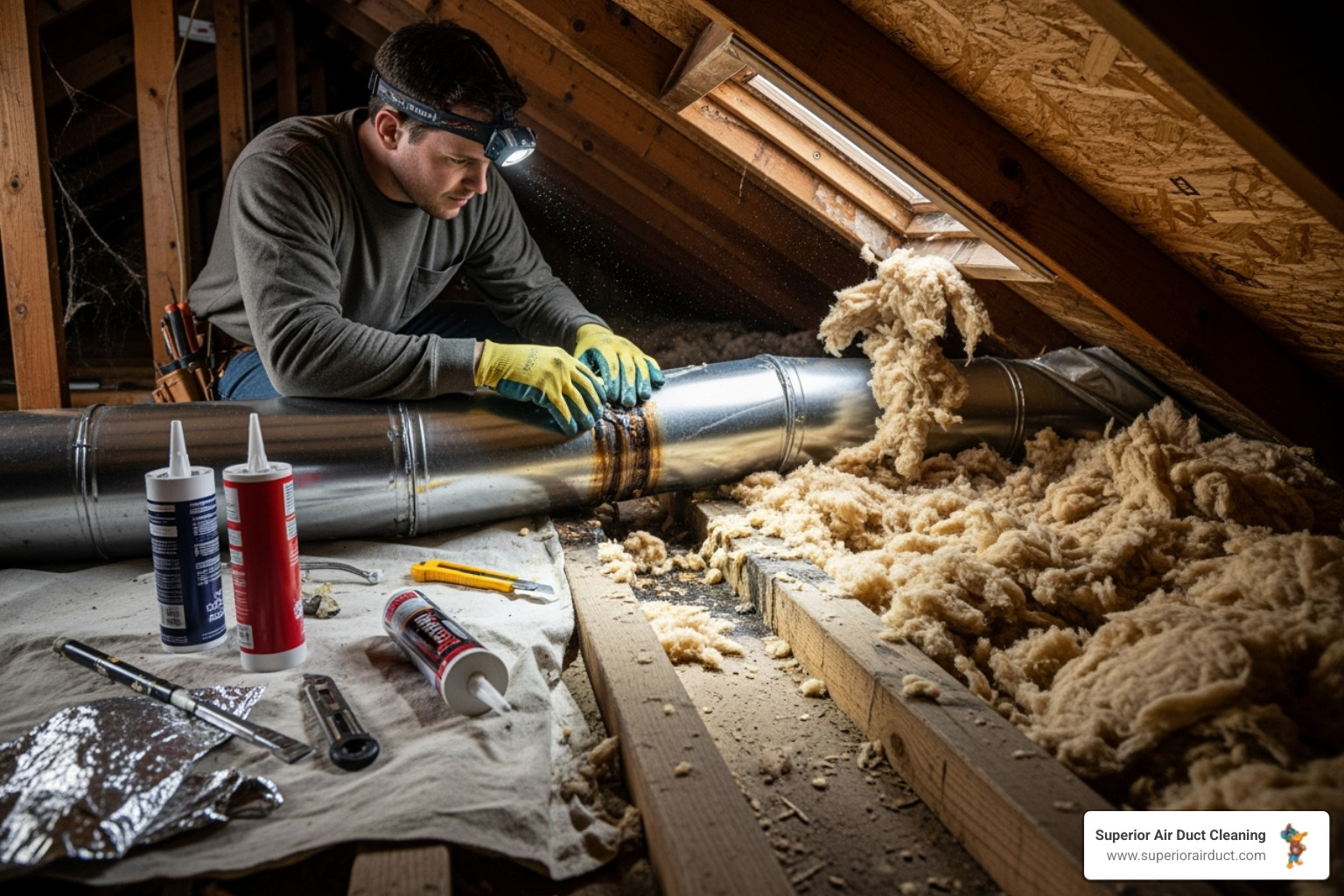
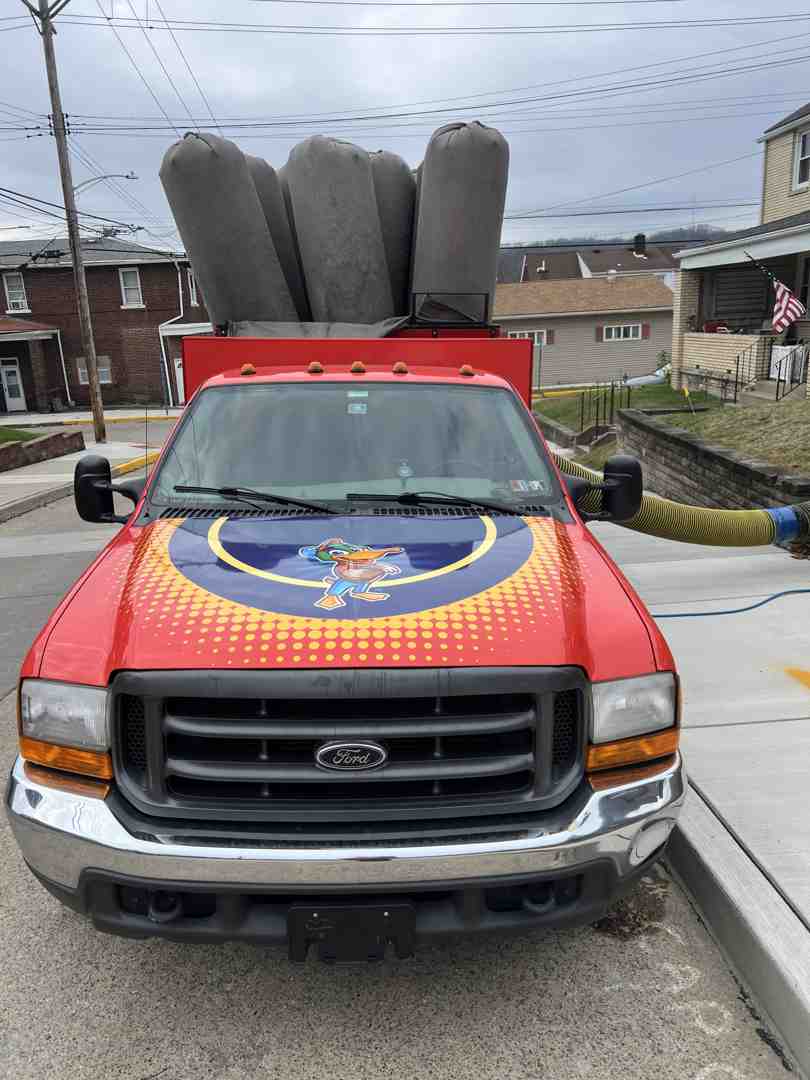

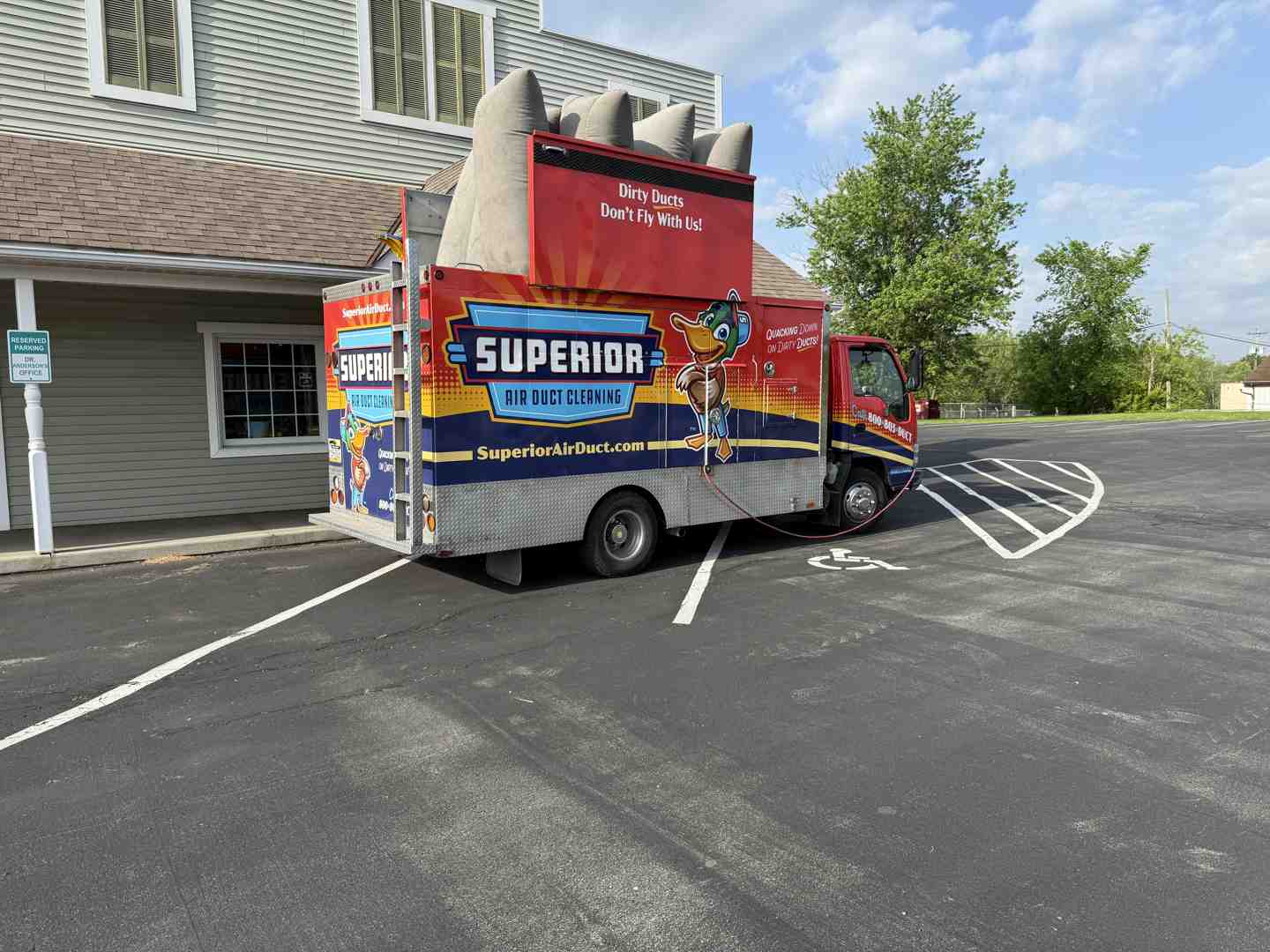


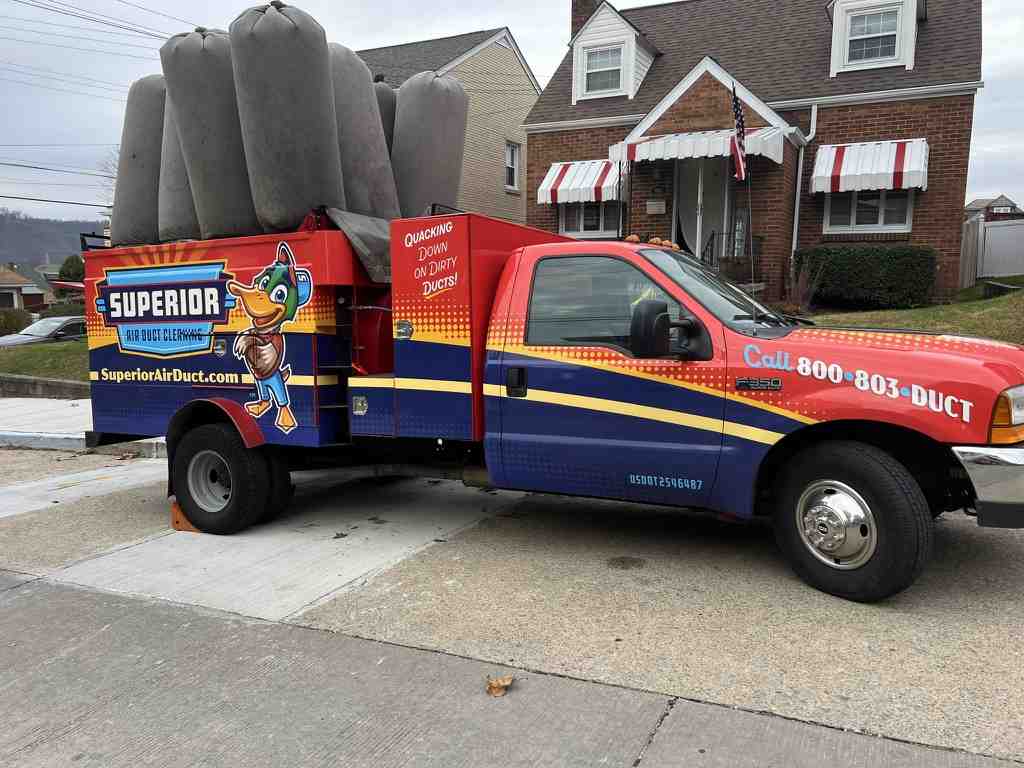

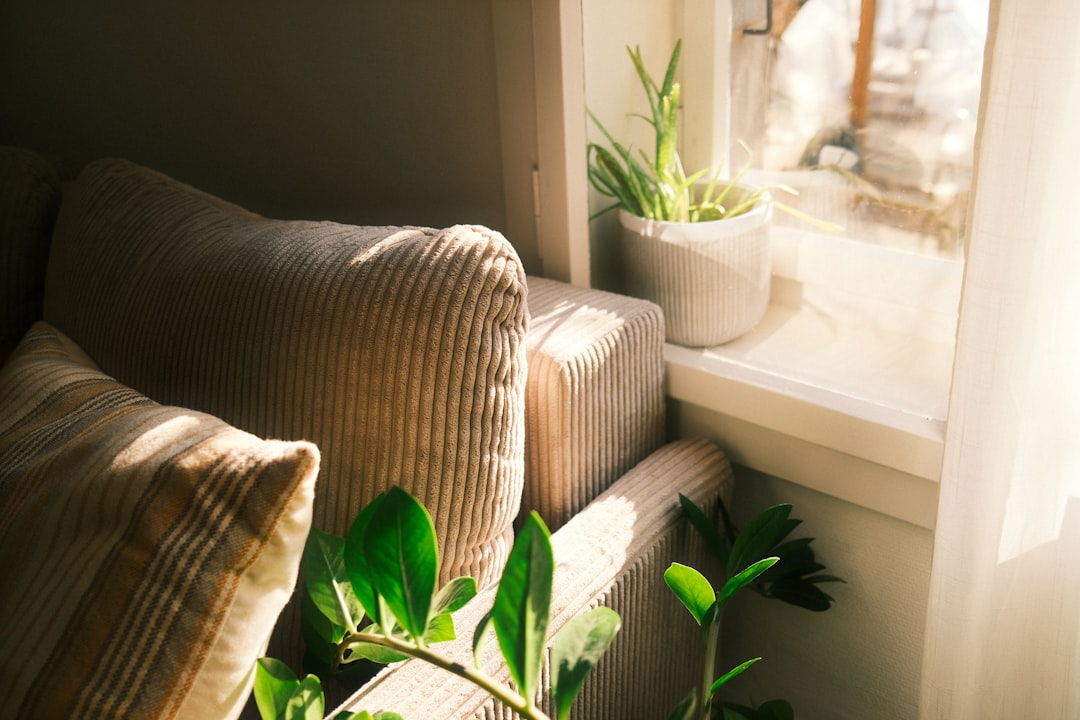
I need to find a service to remove dust from the air ducts in my Pittsburgh home. Who should I call?










